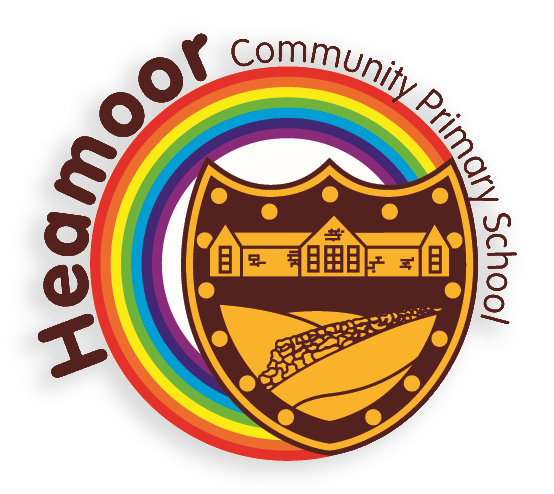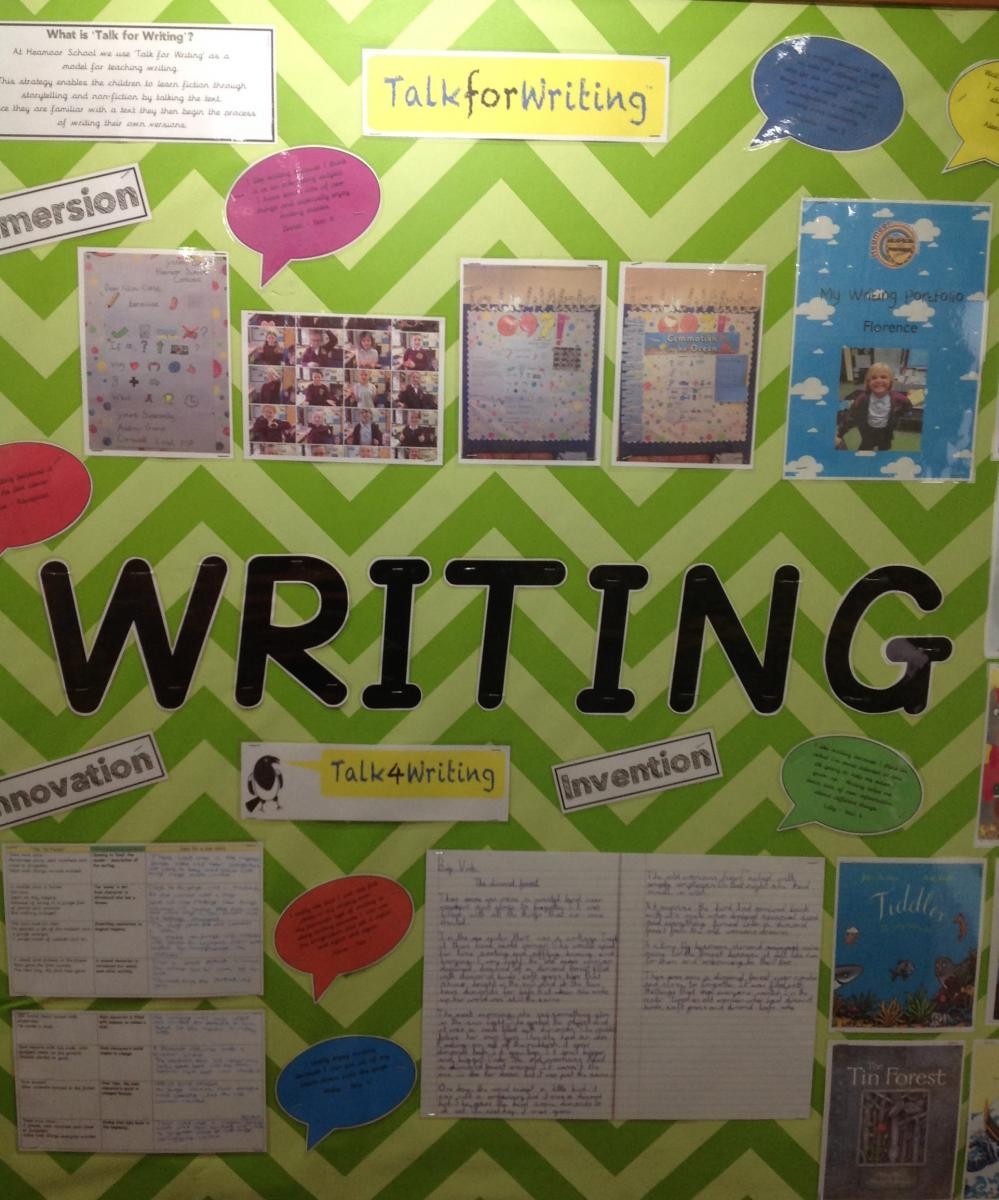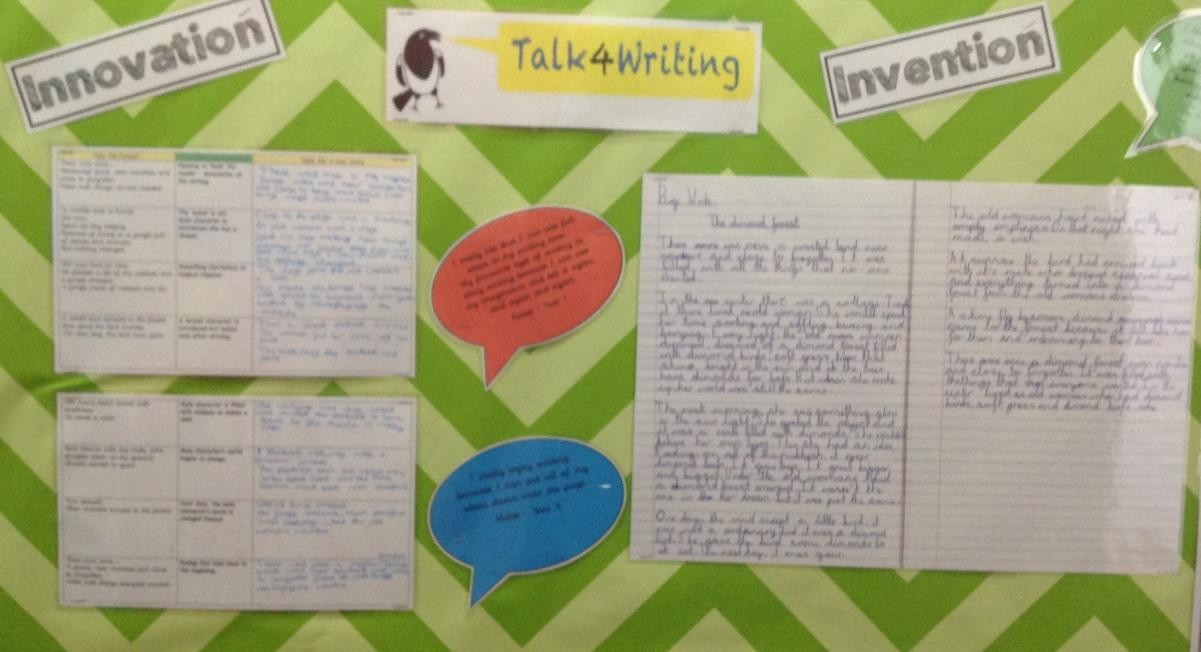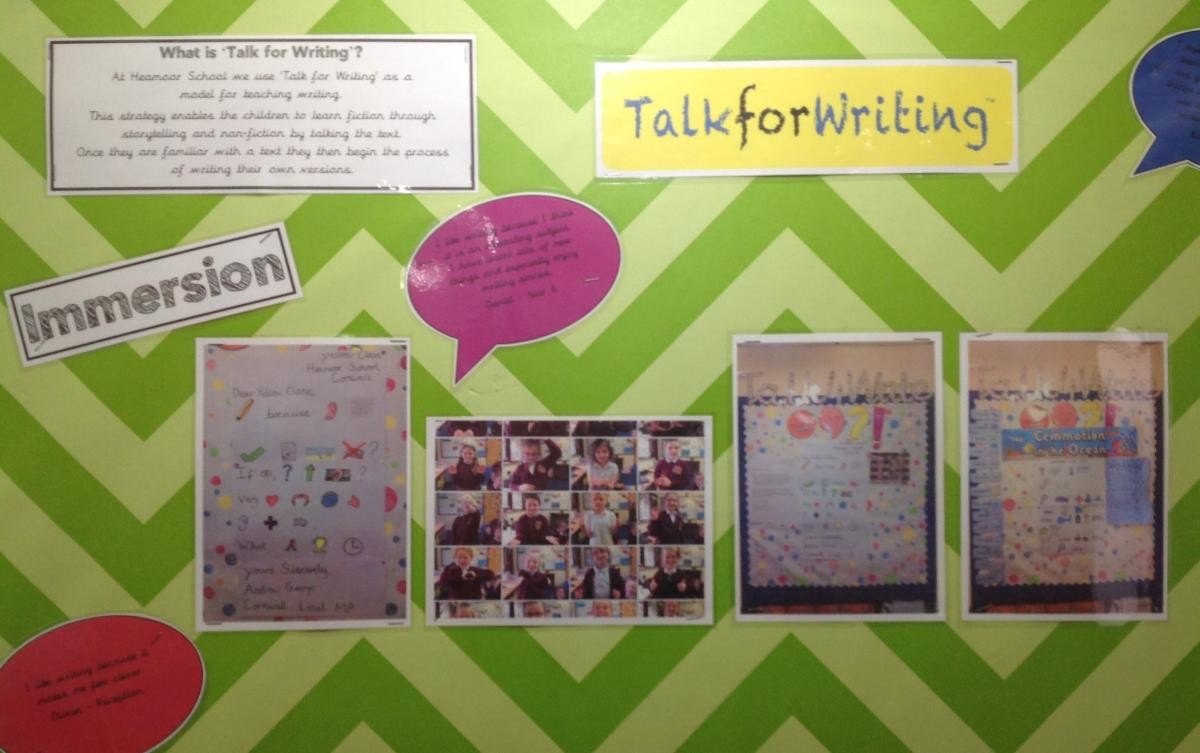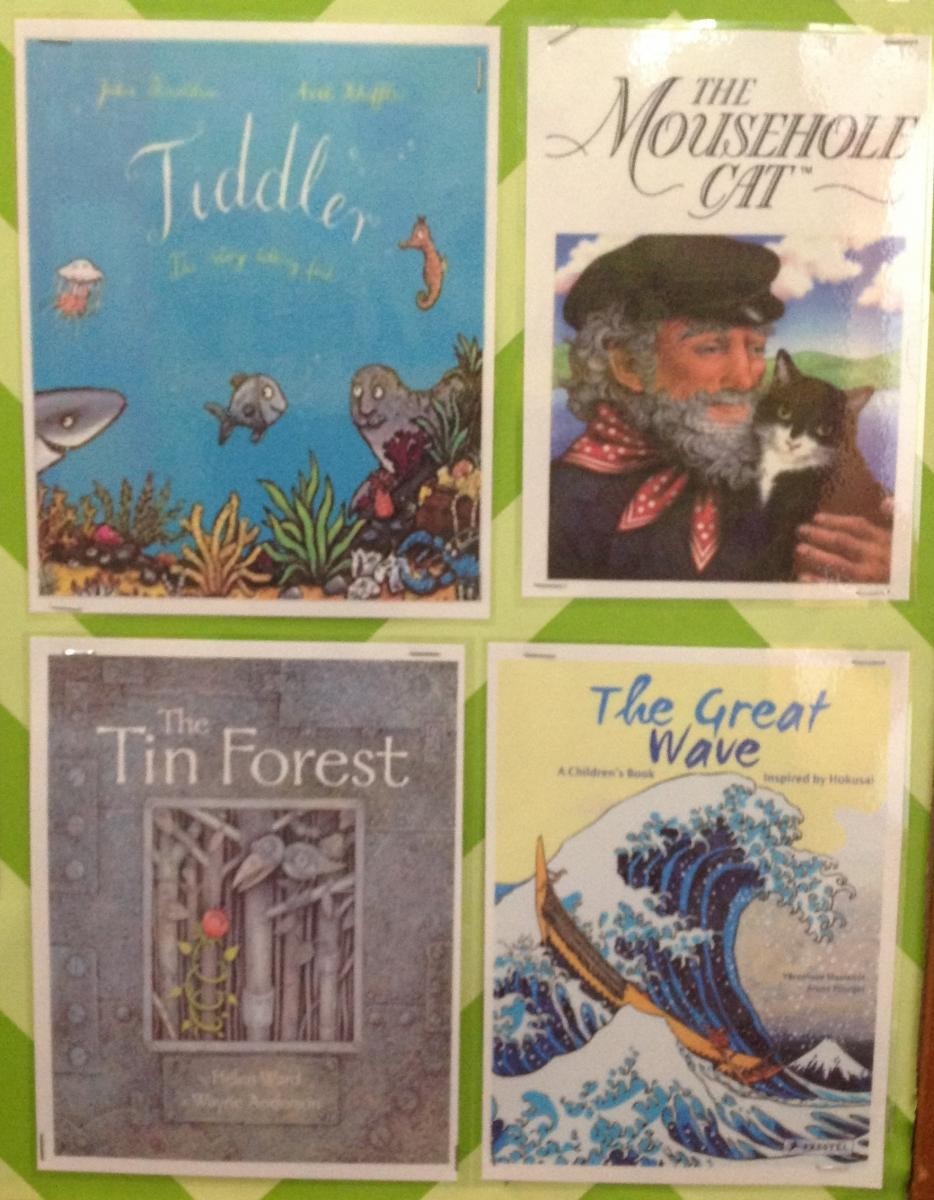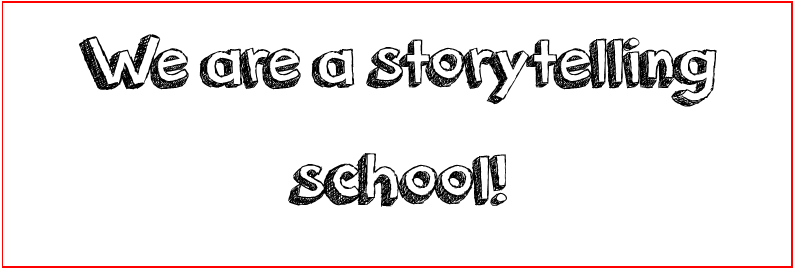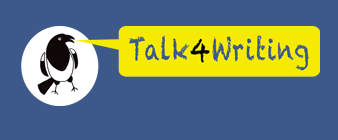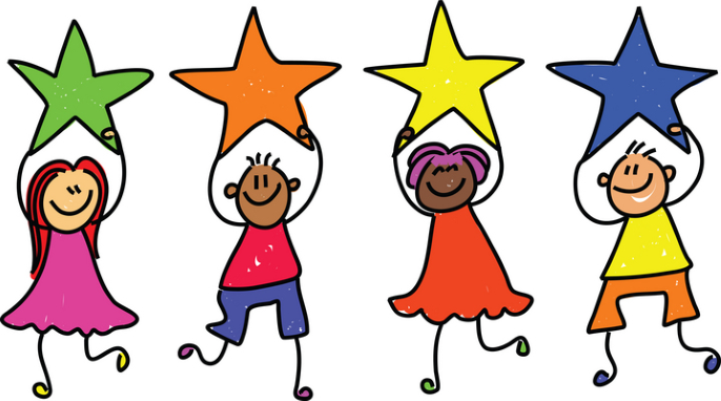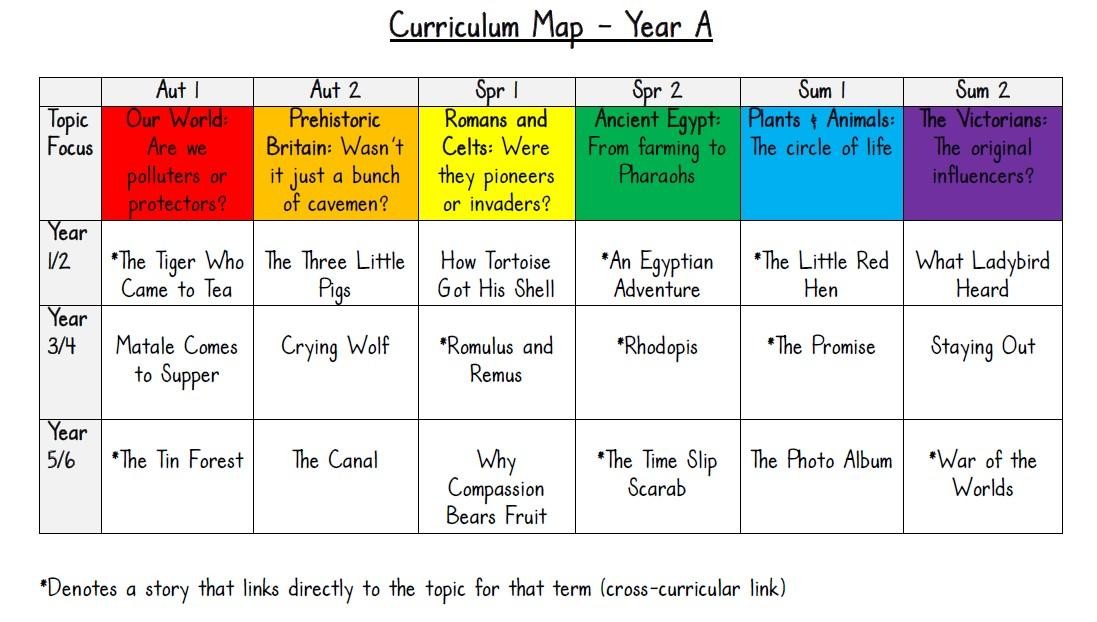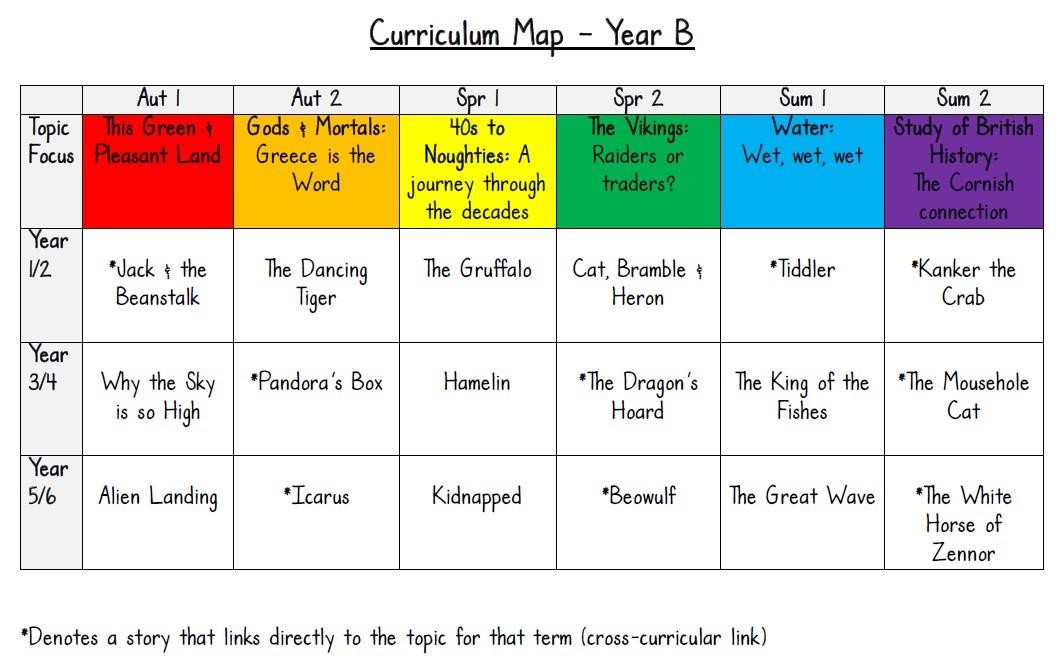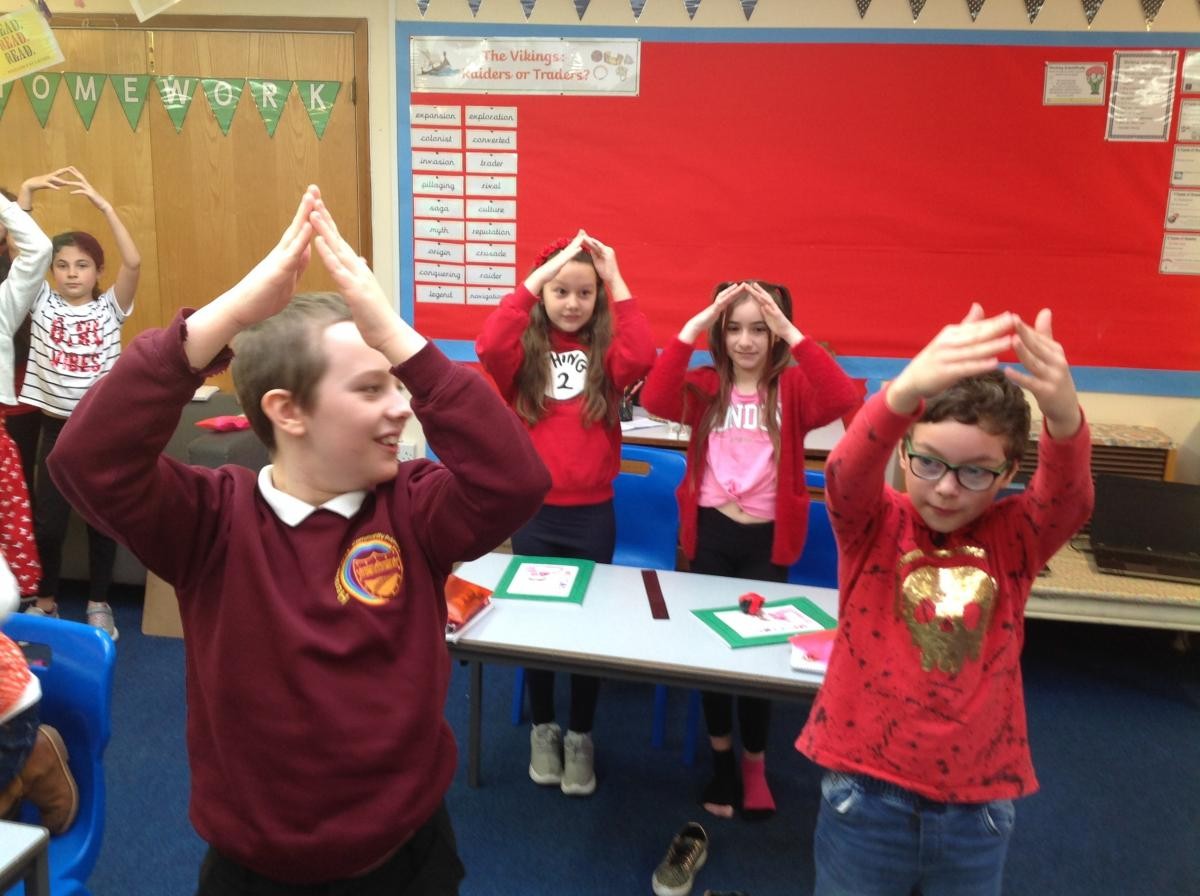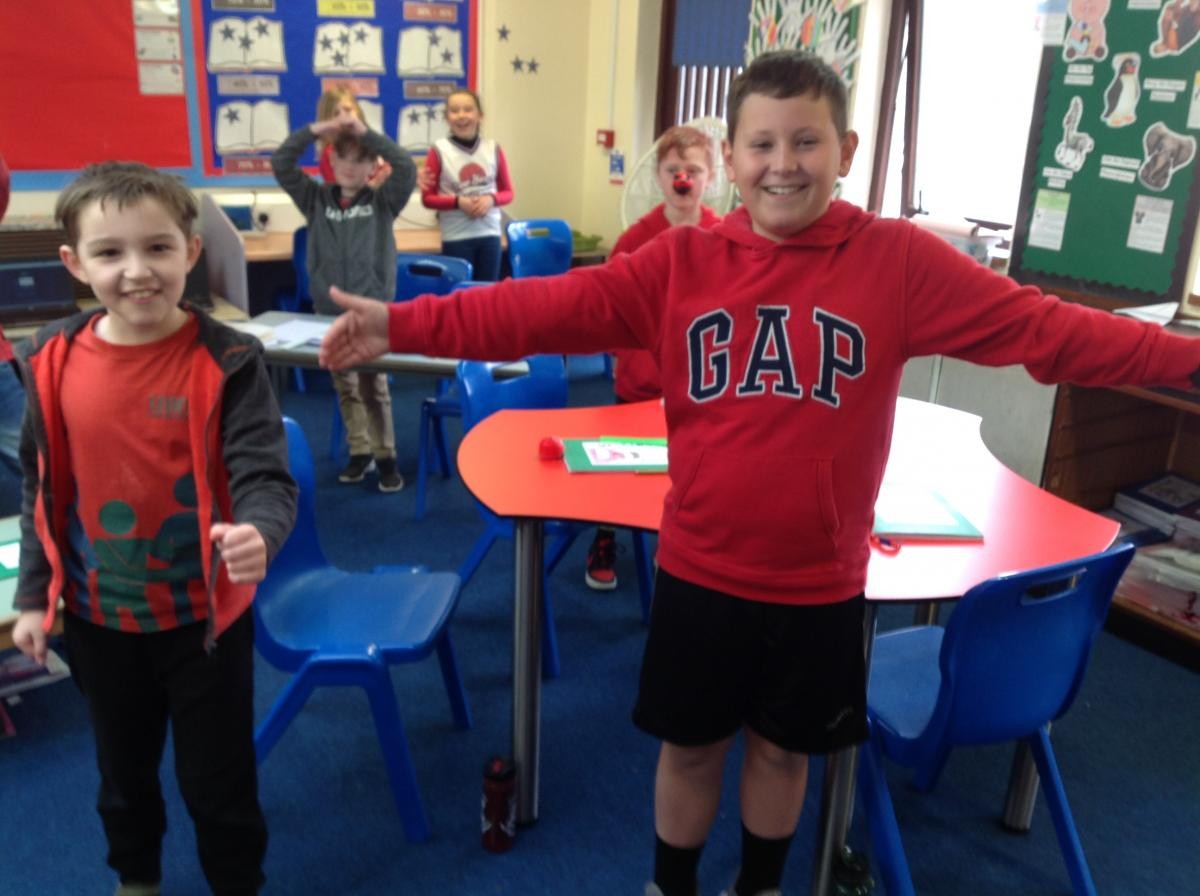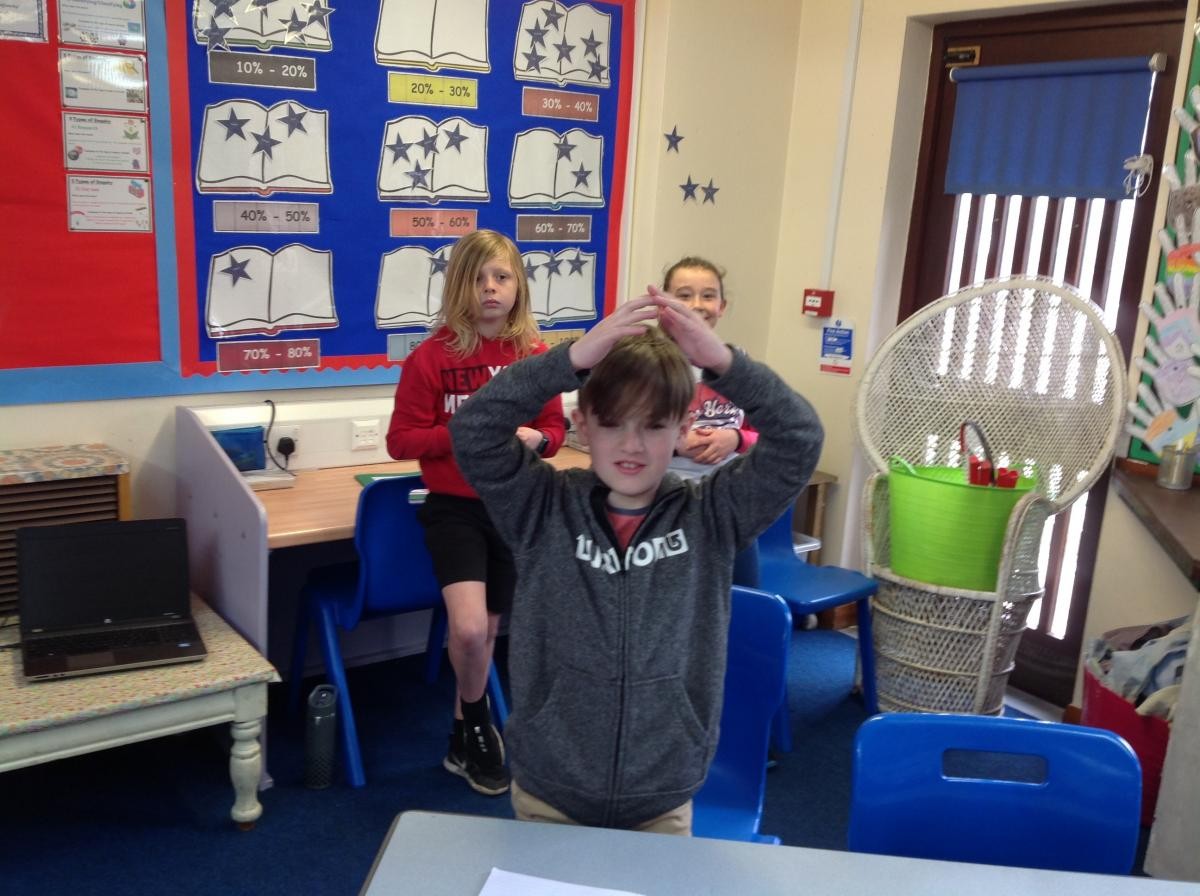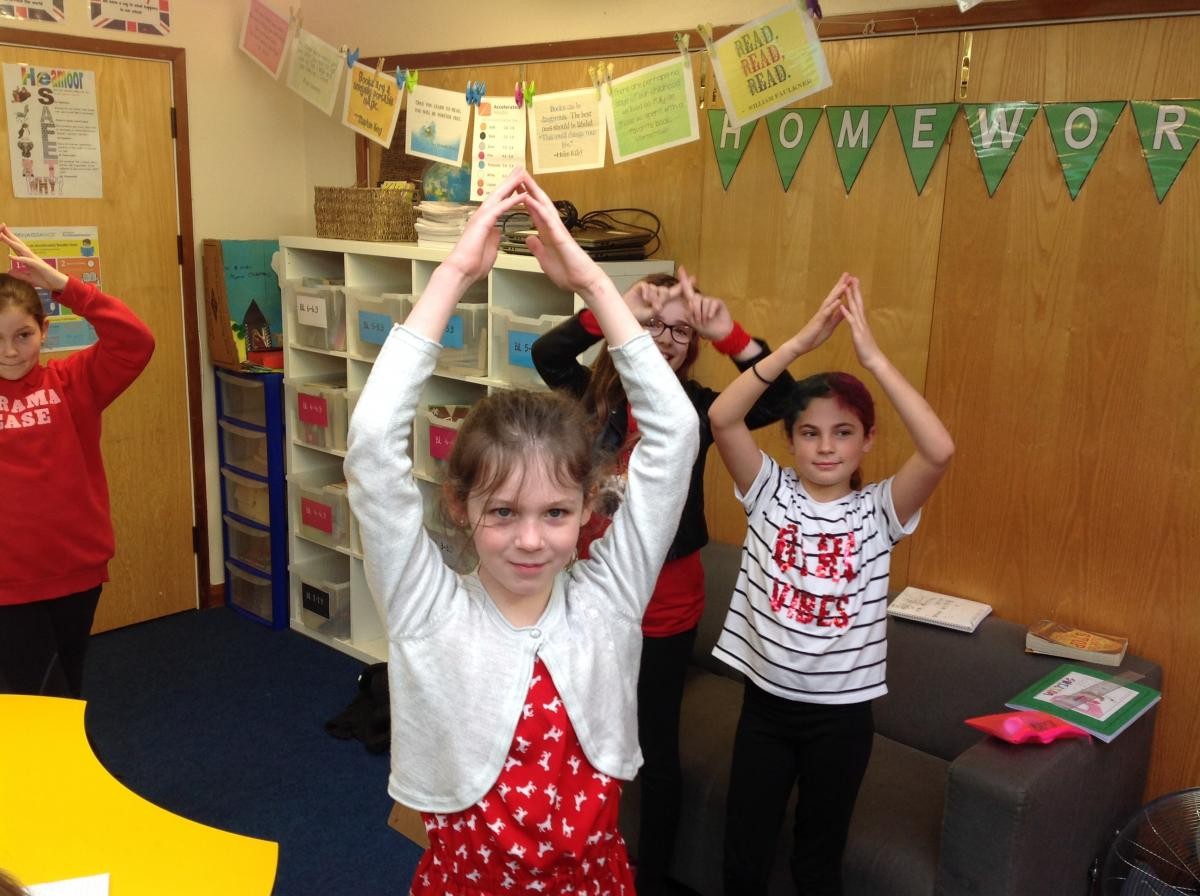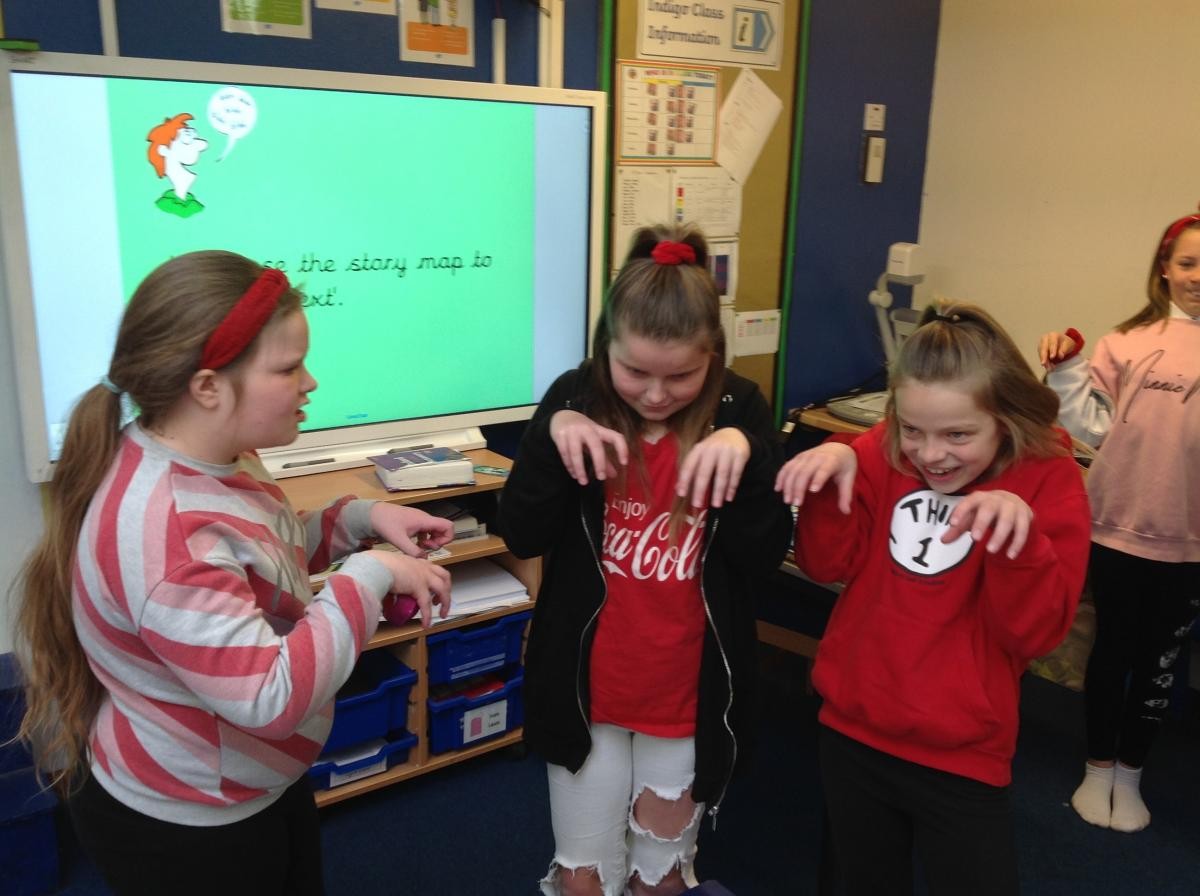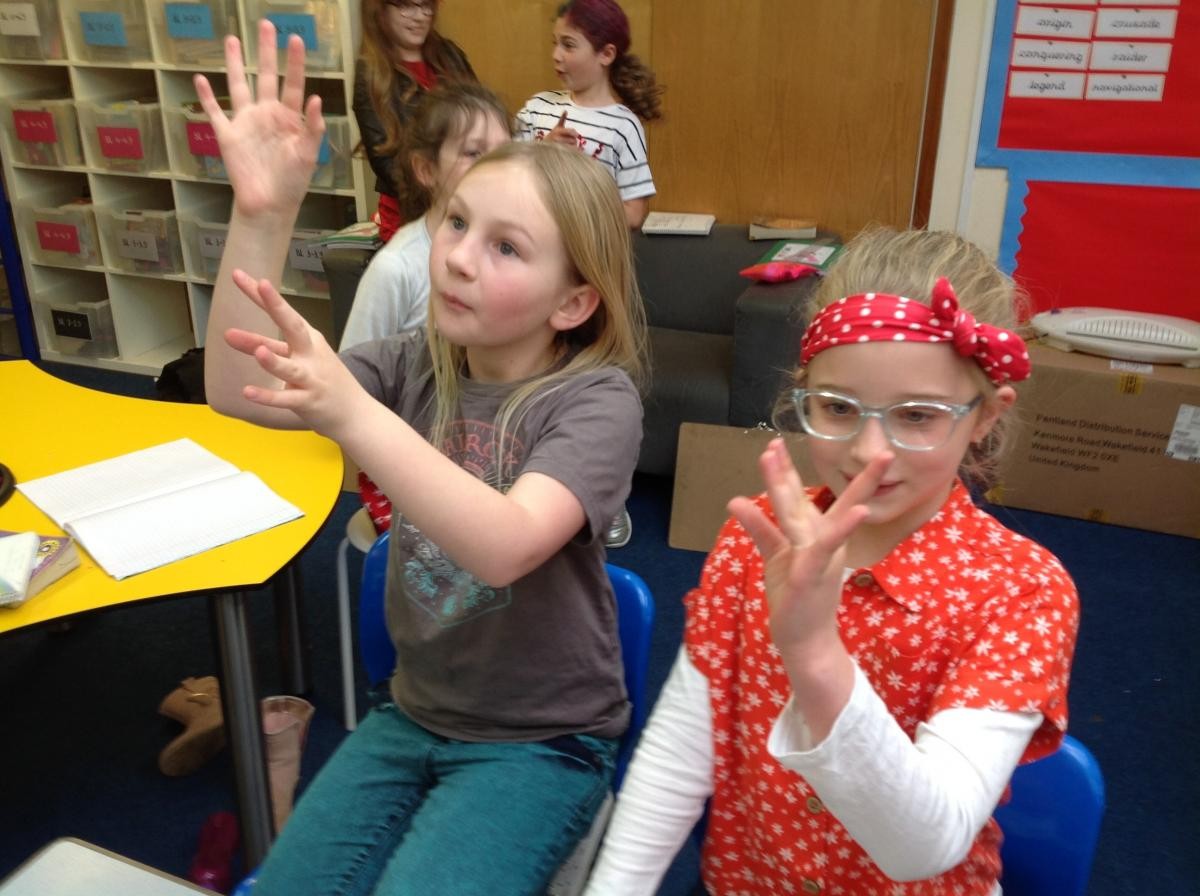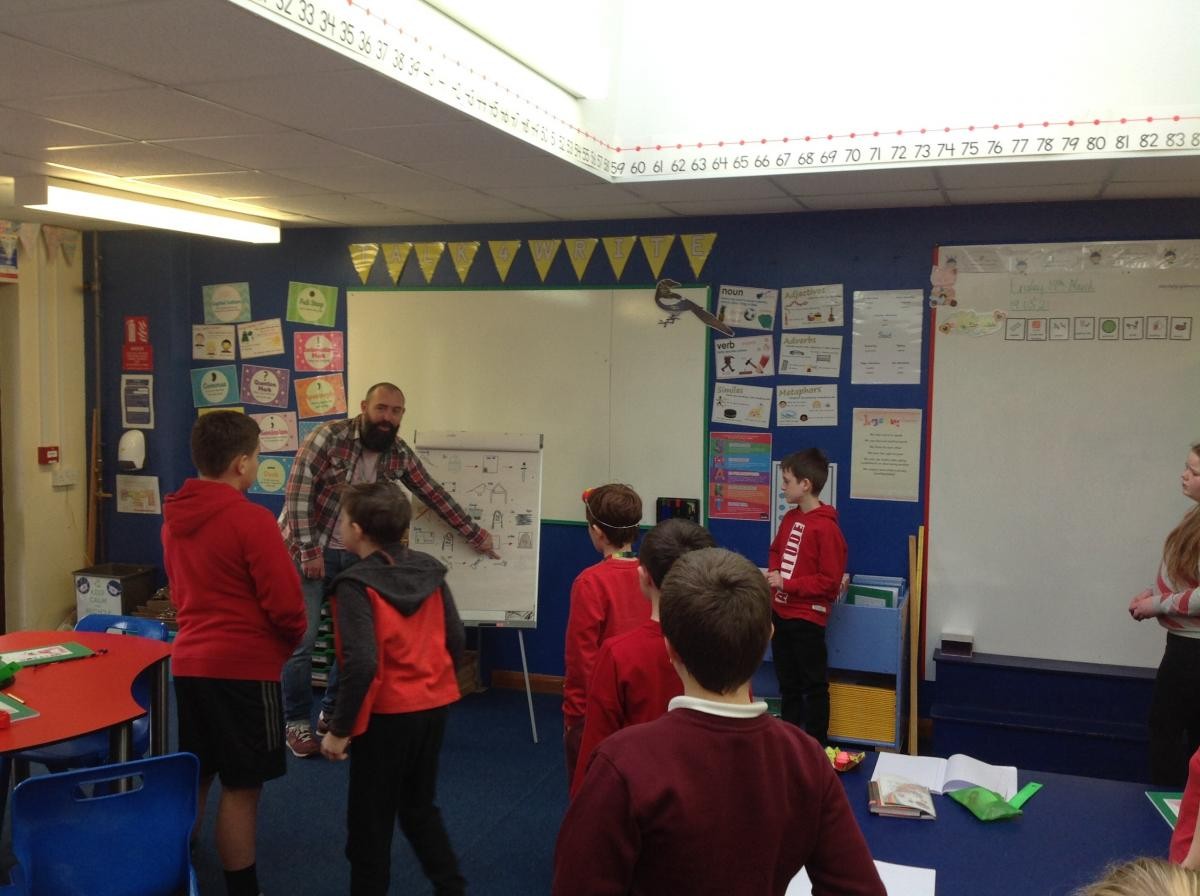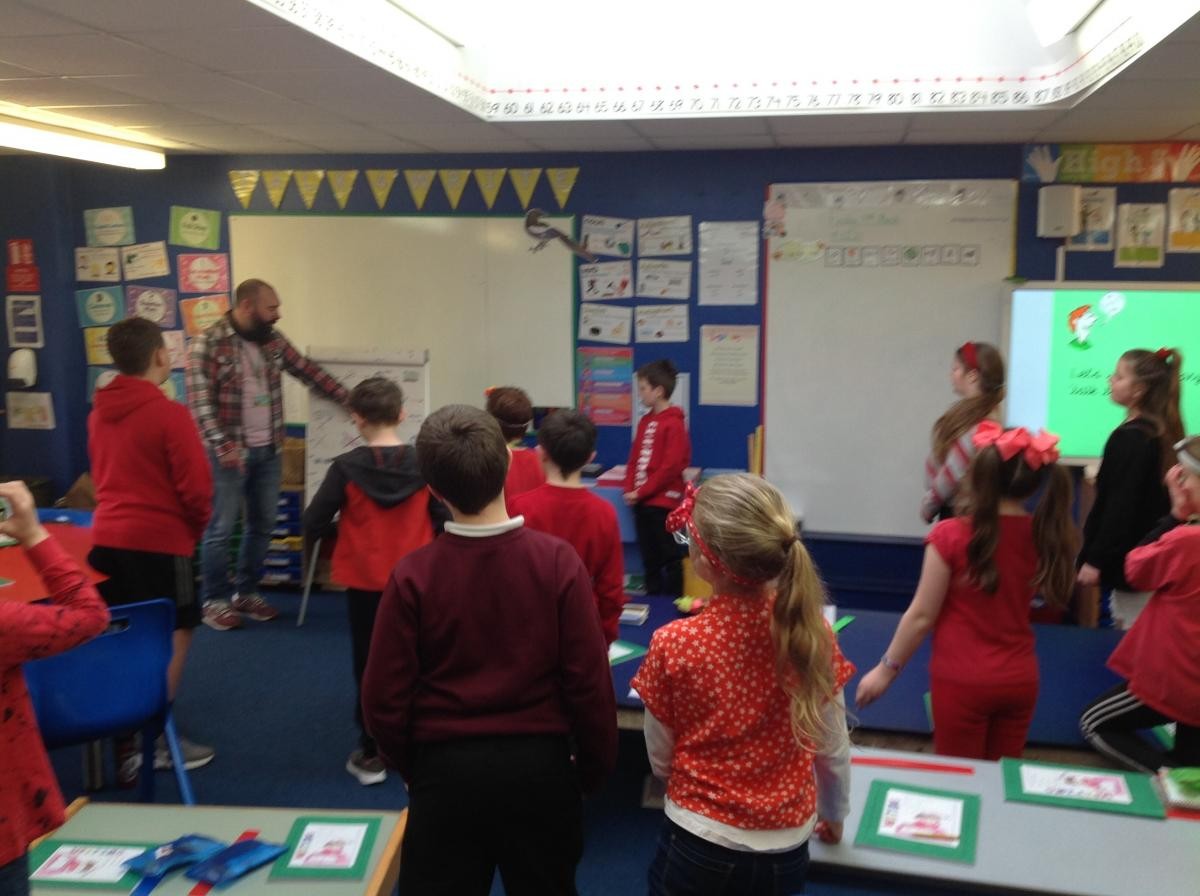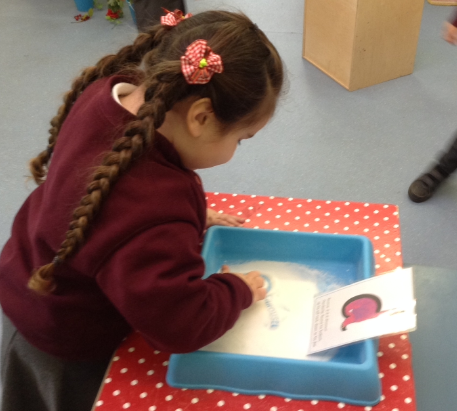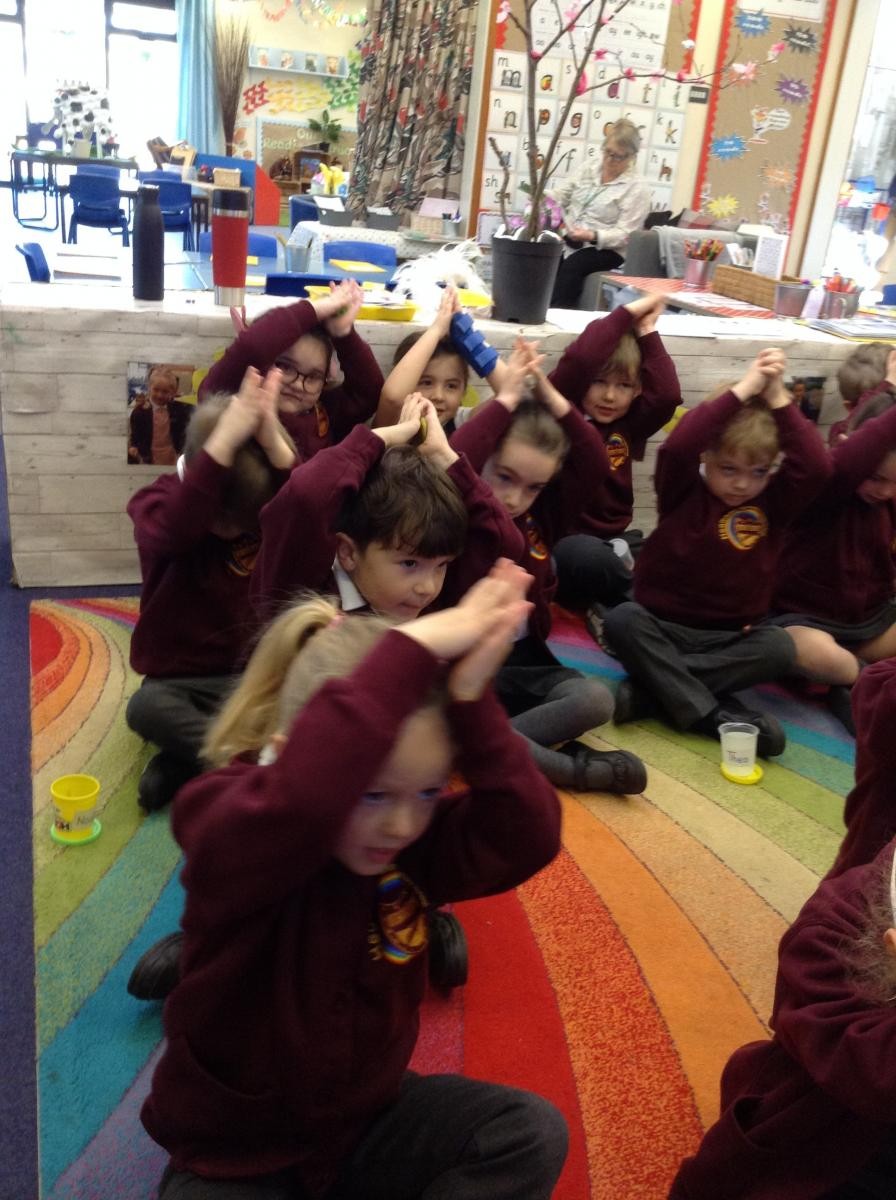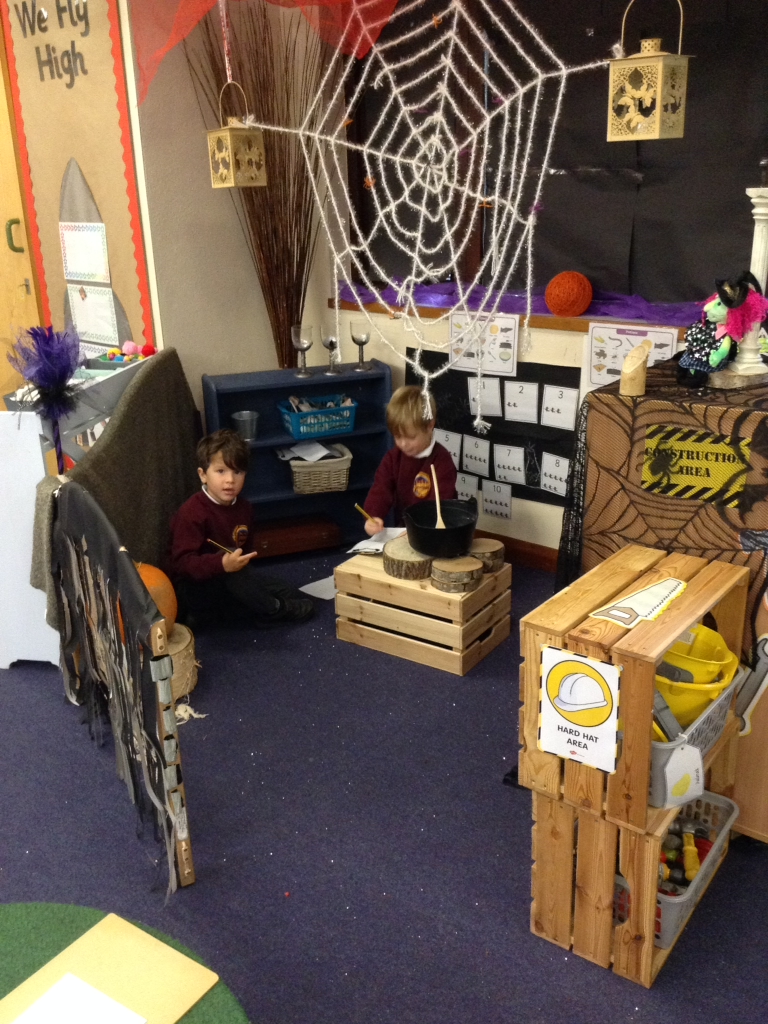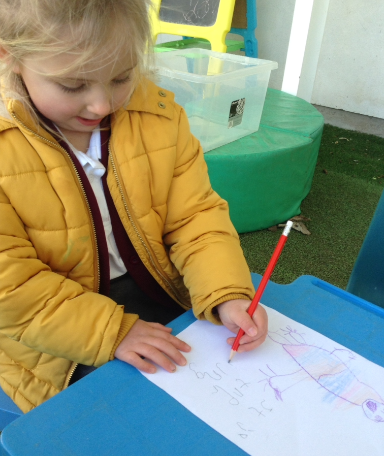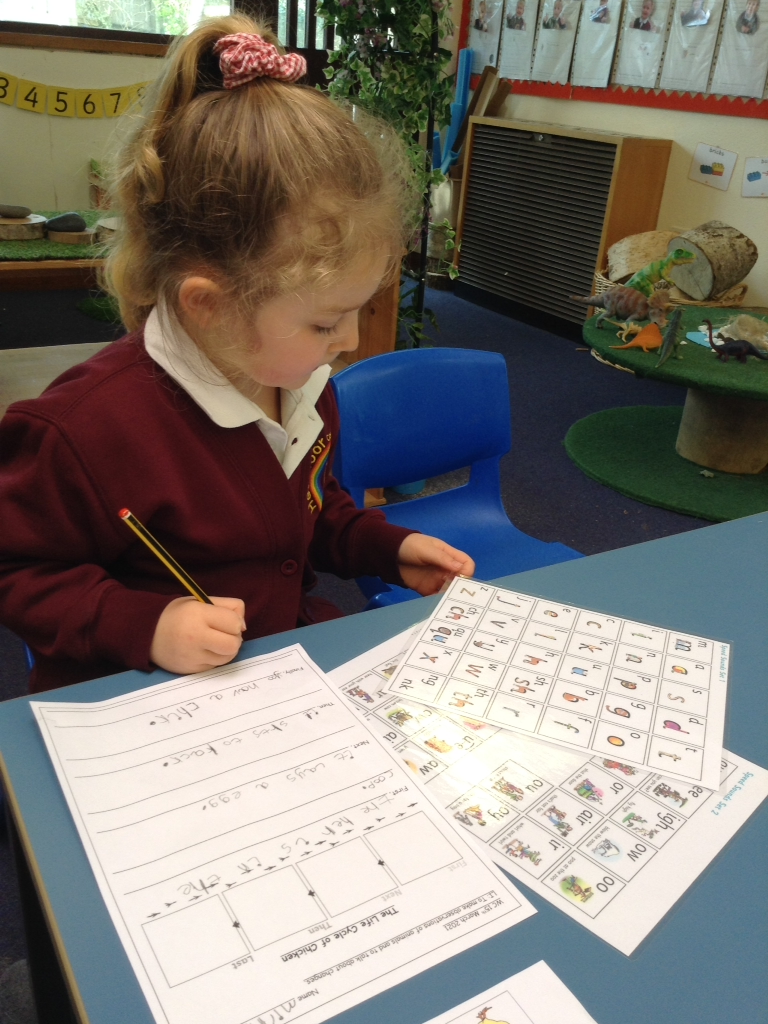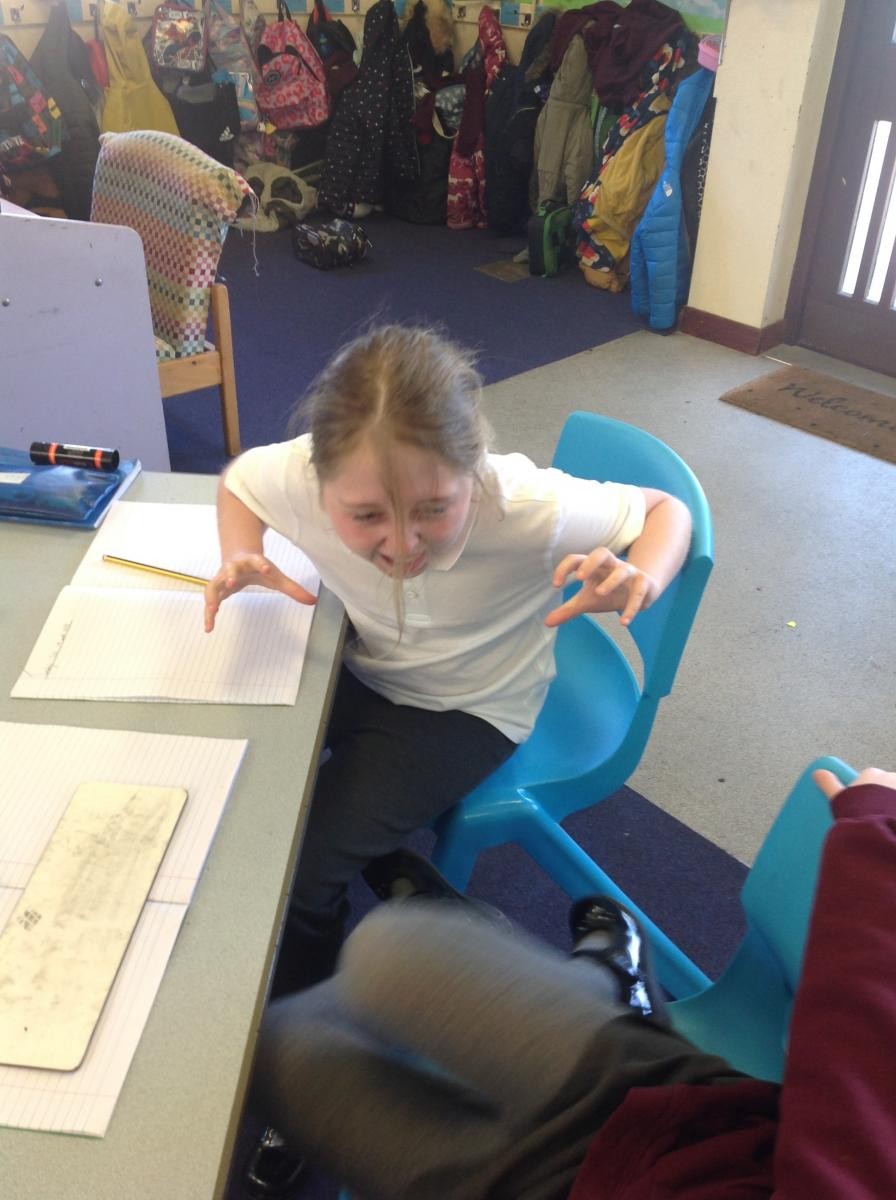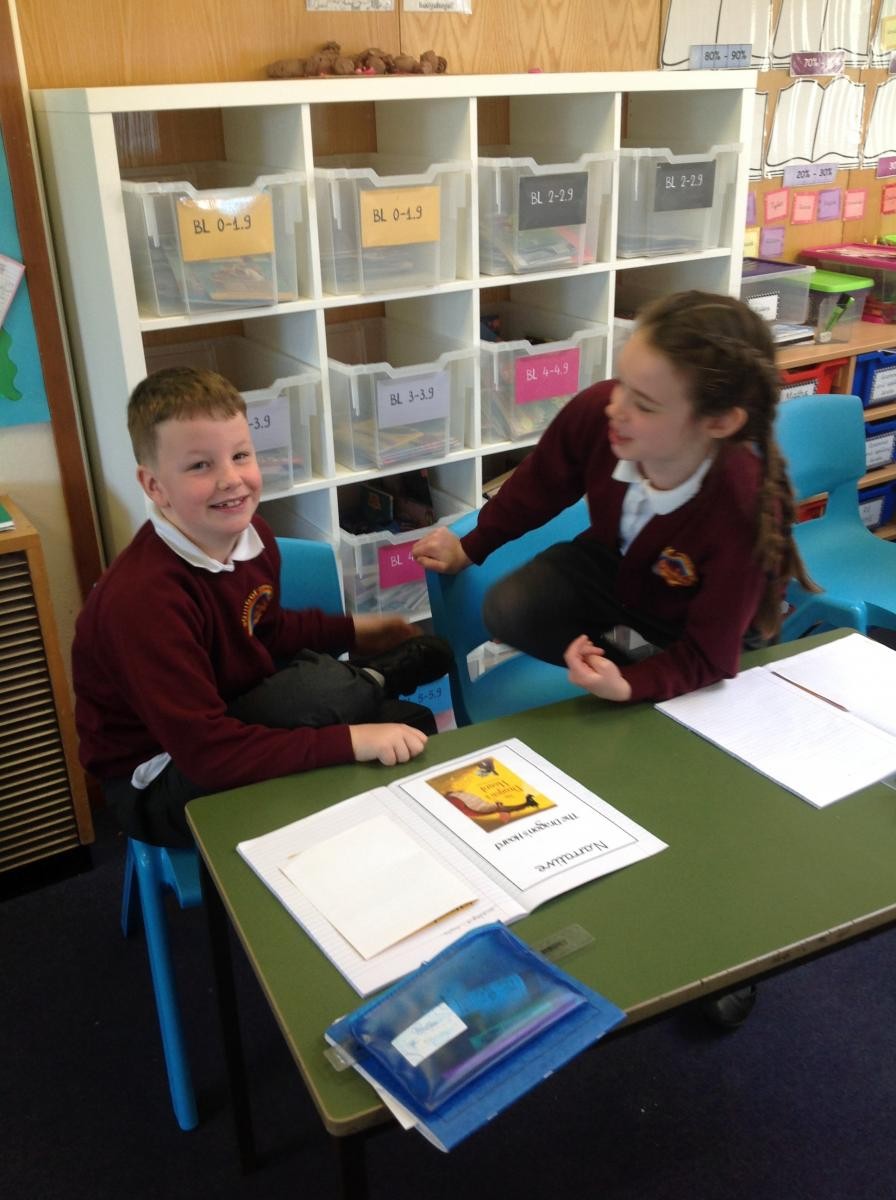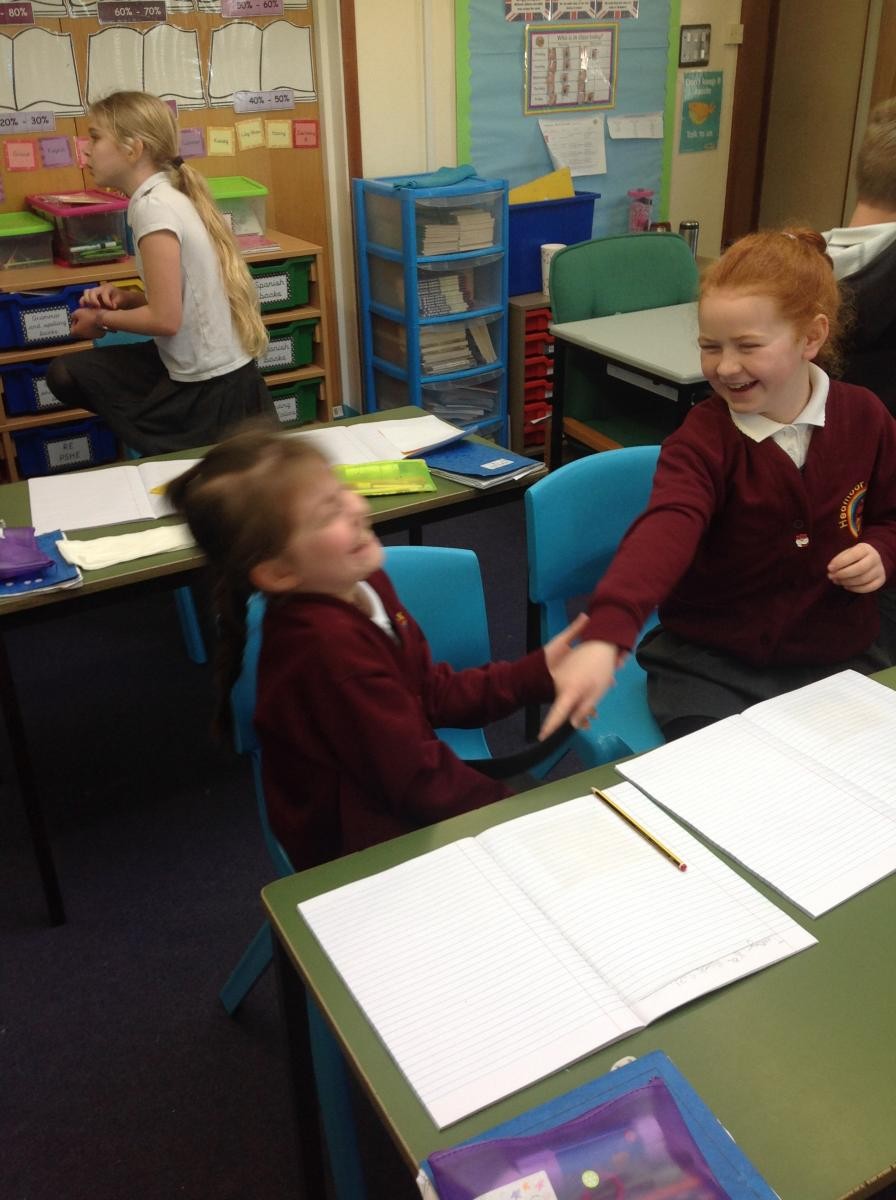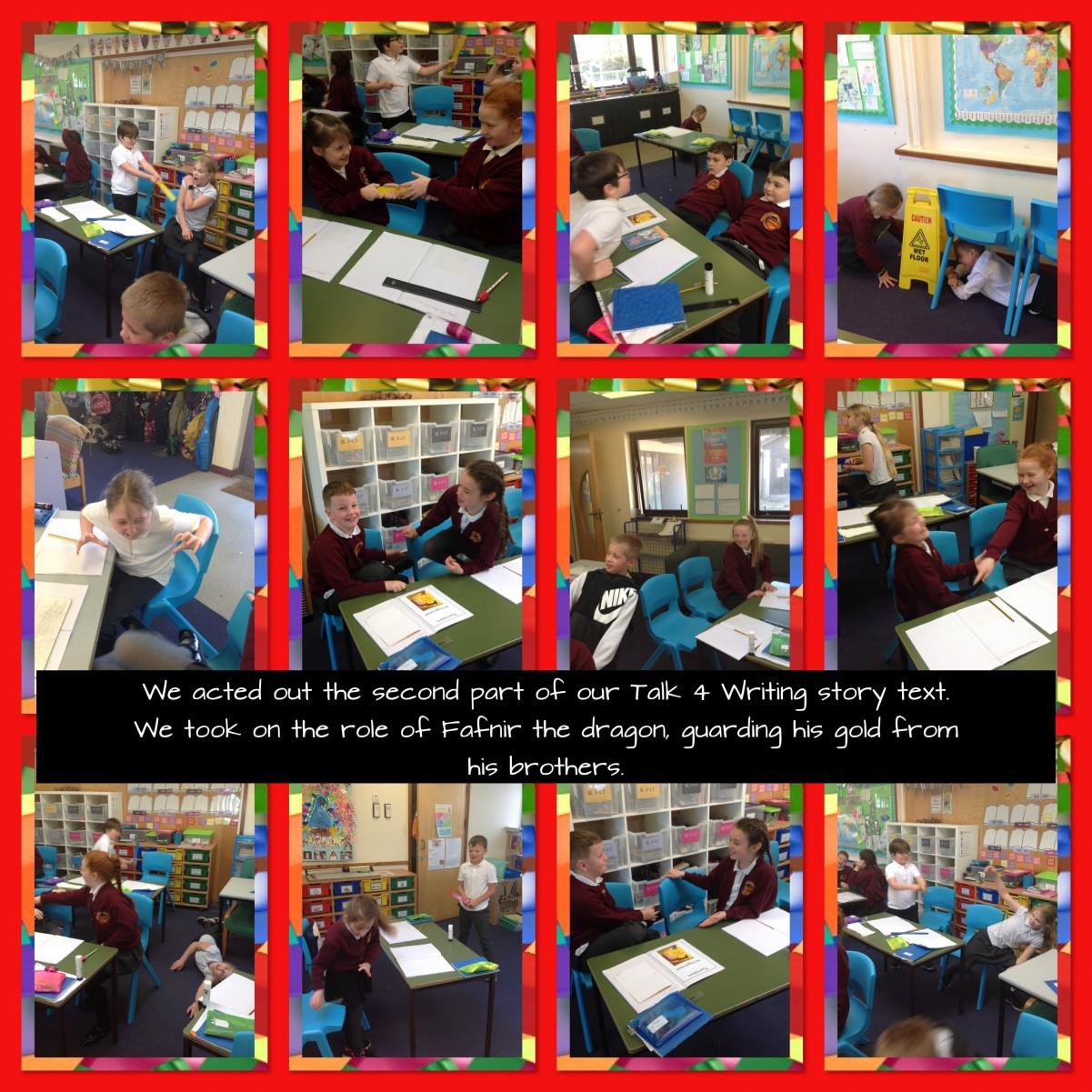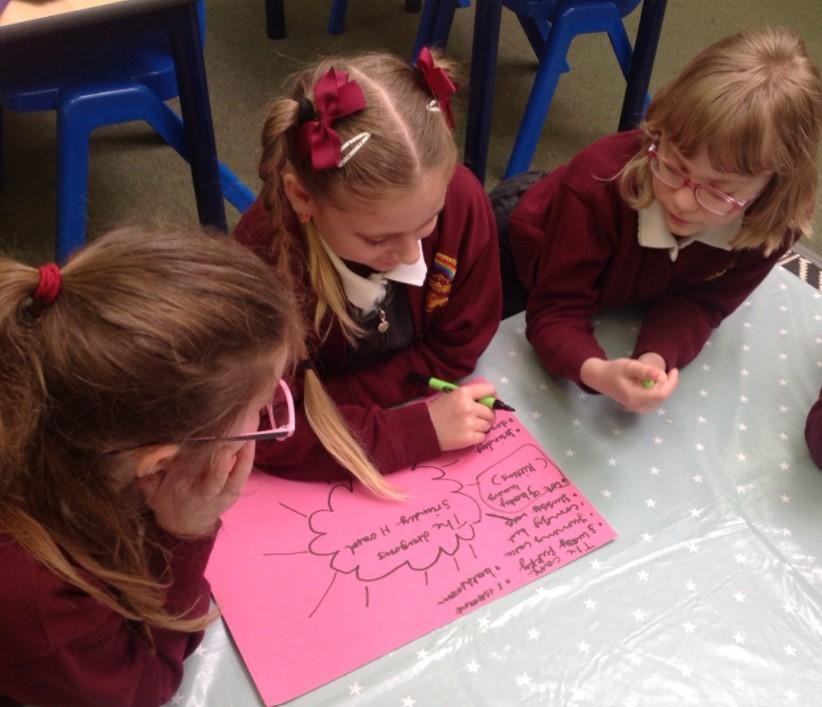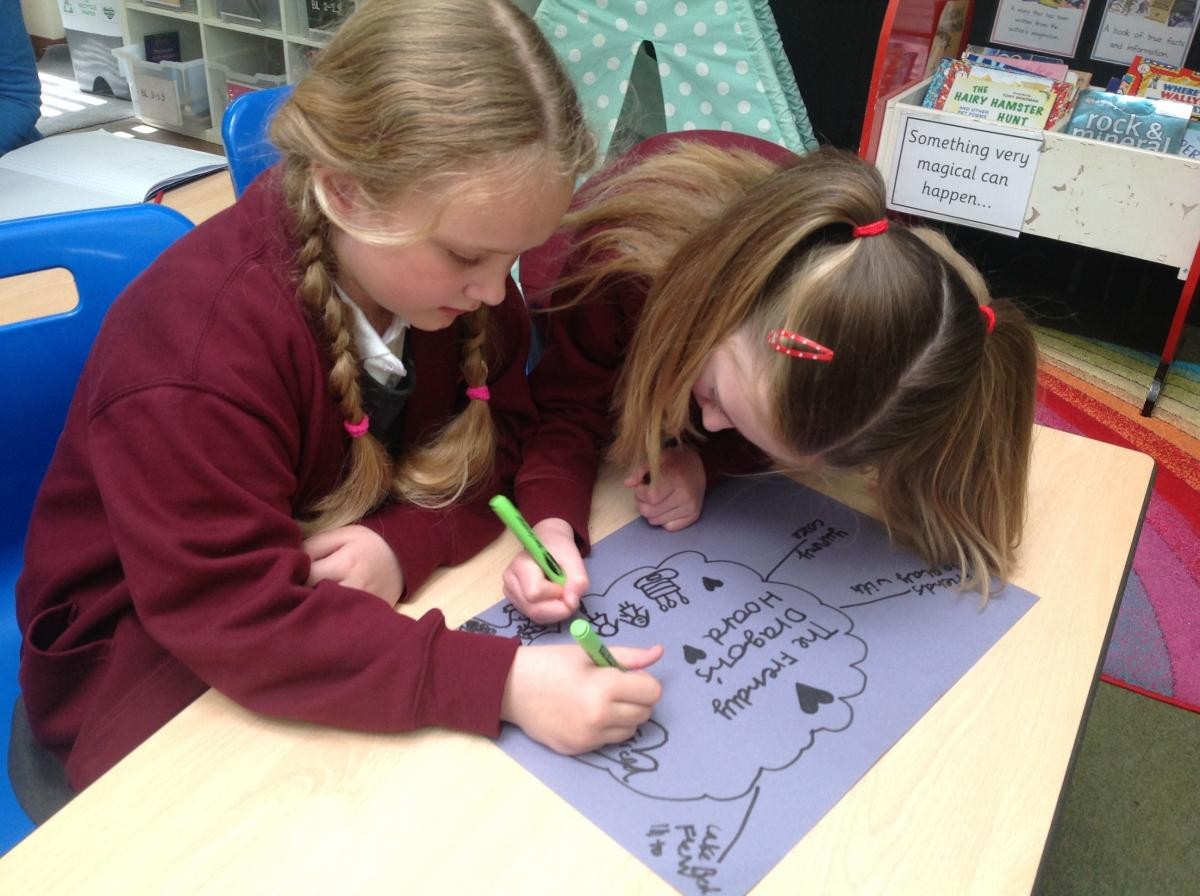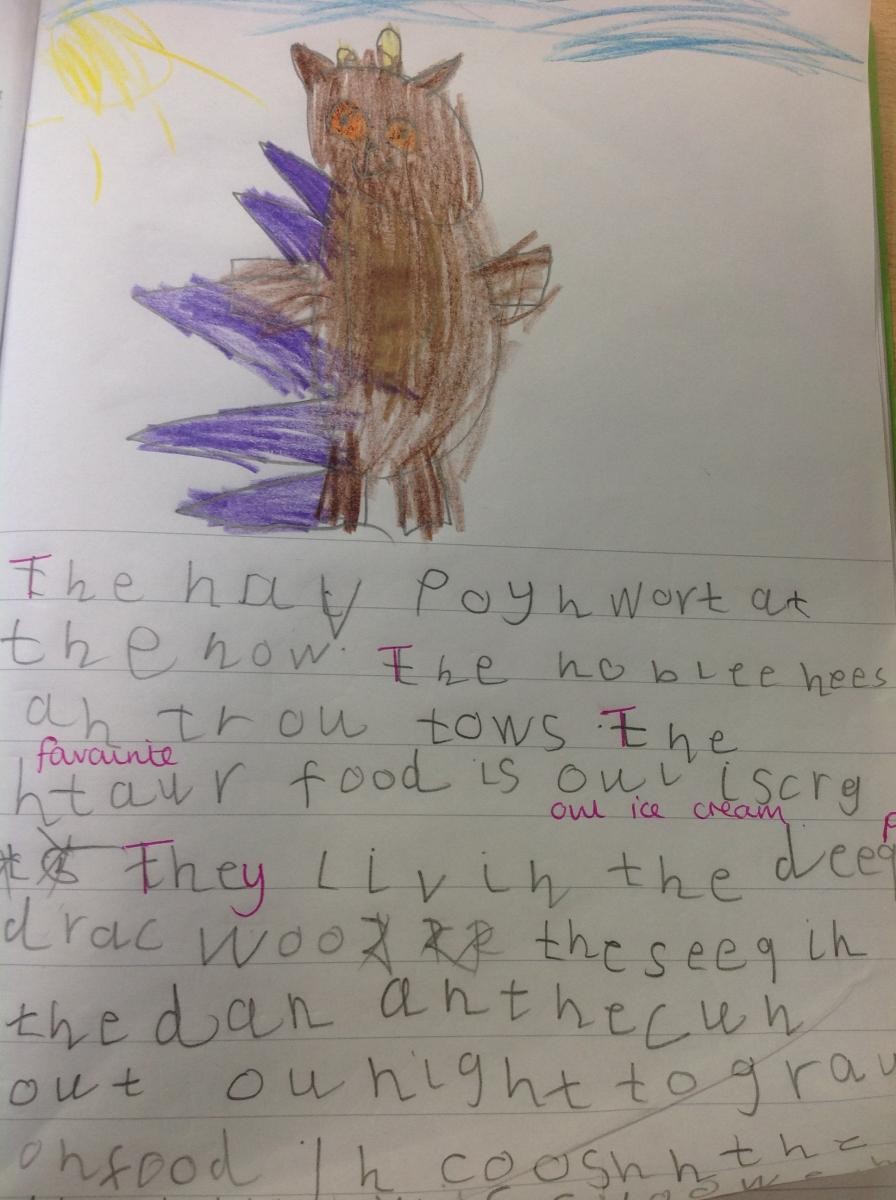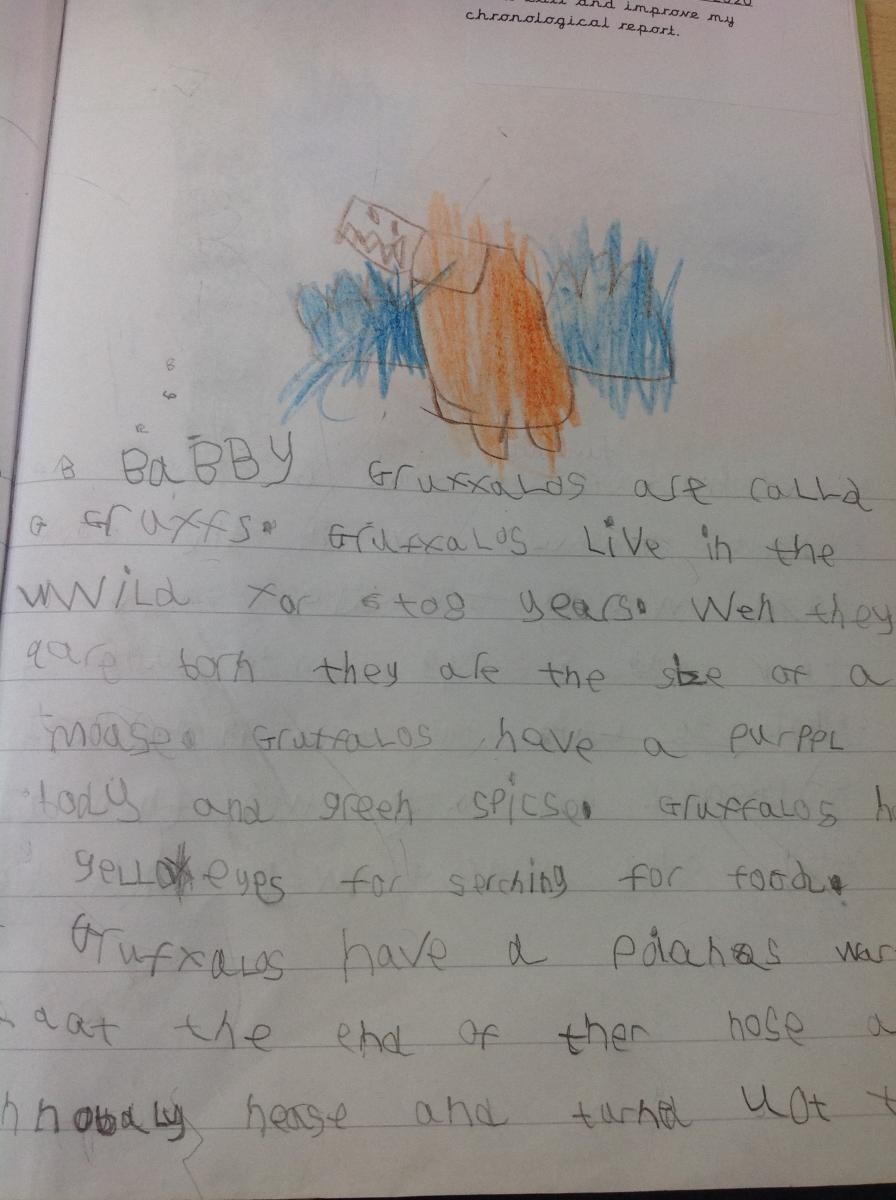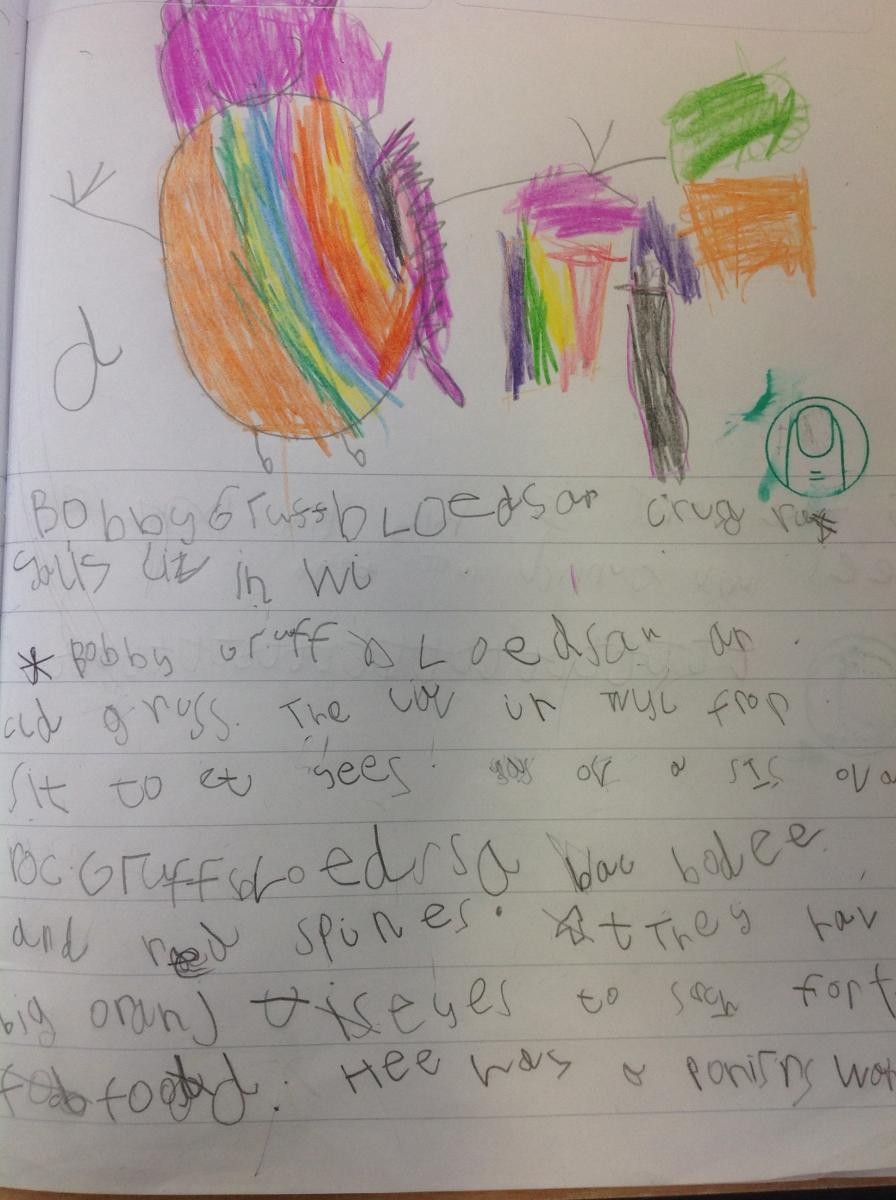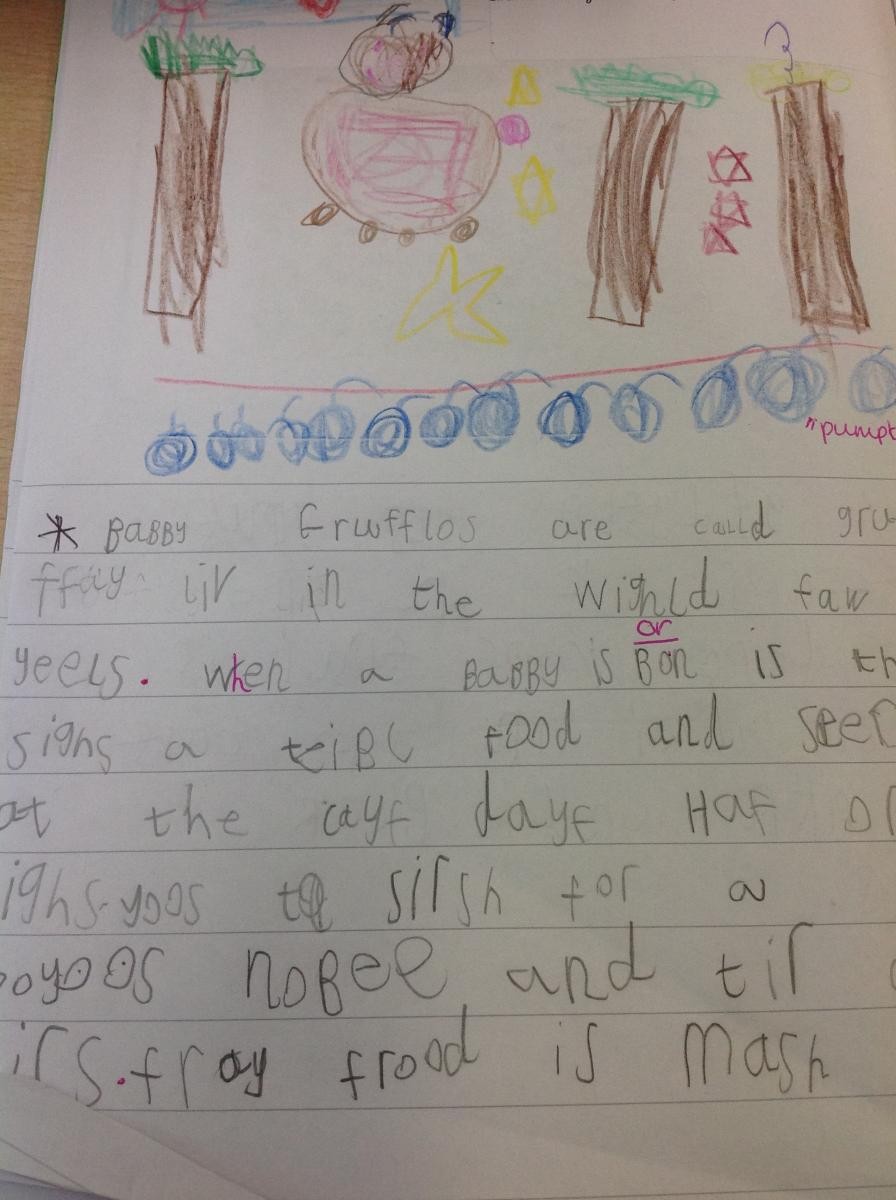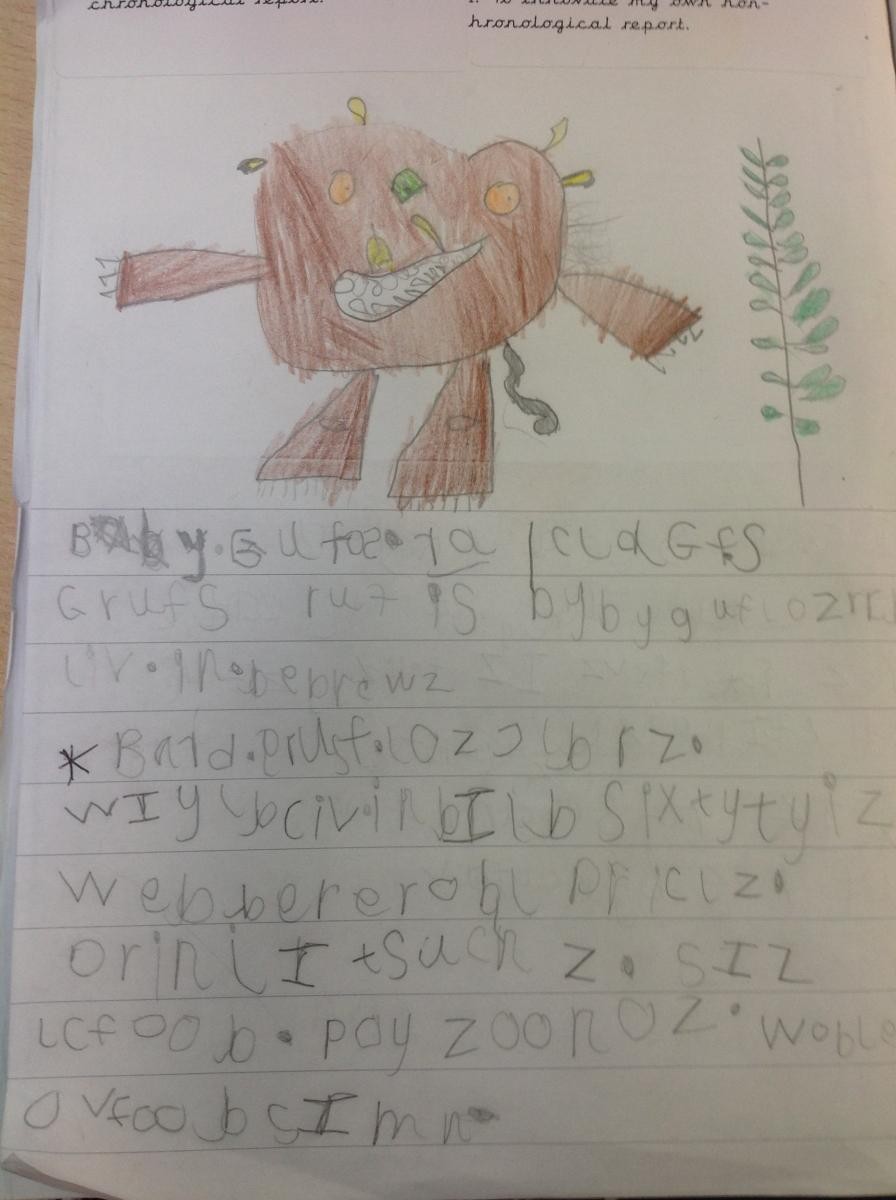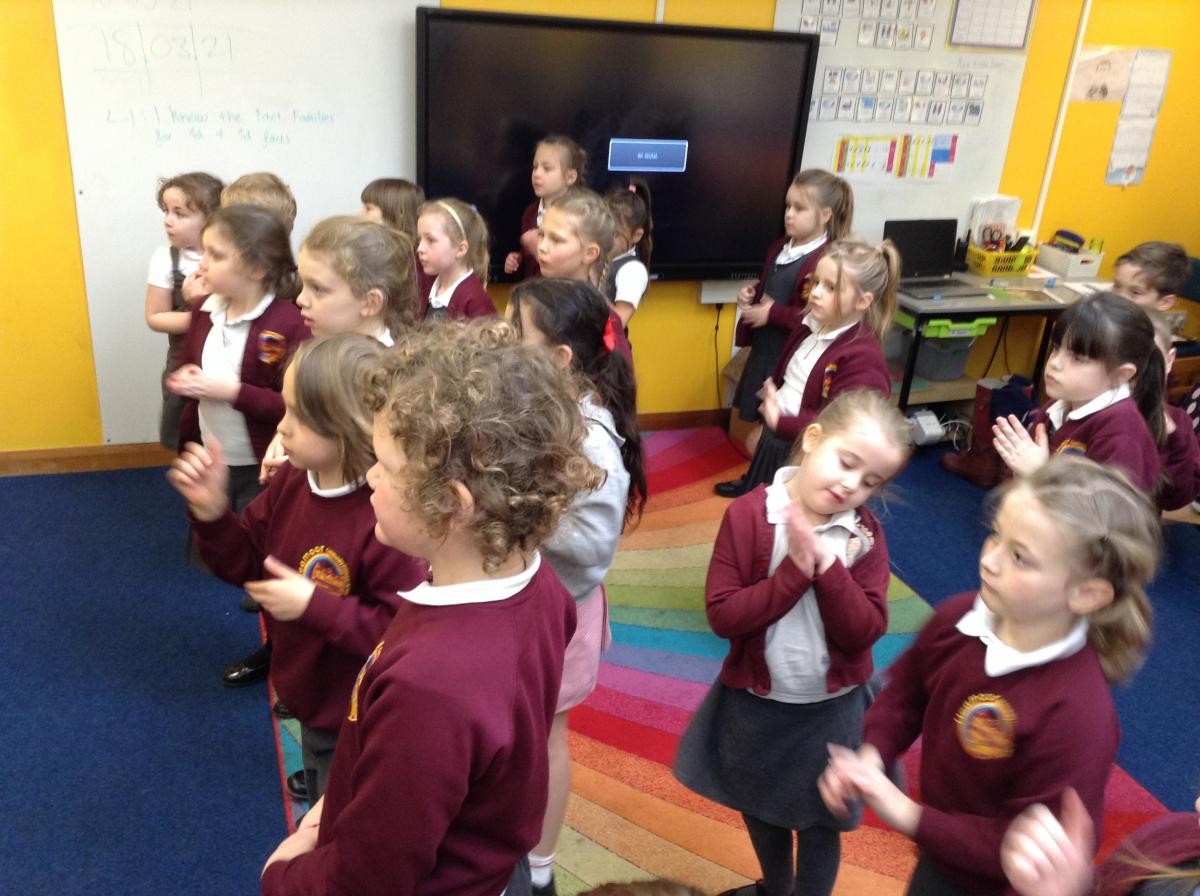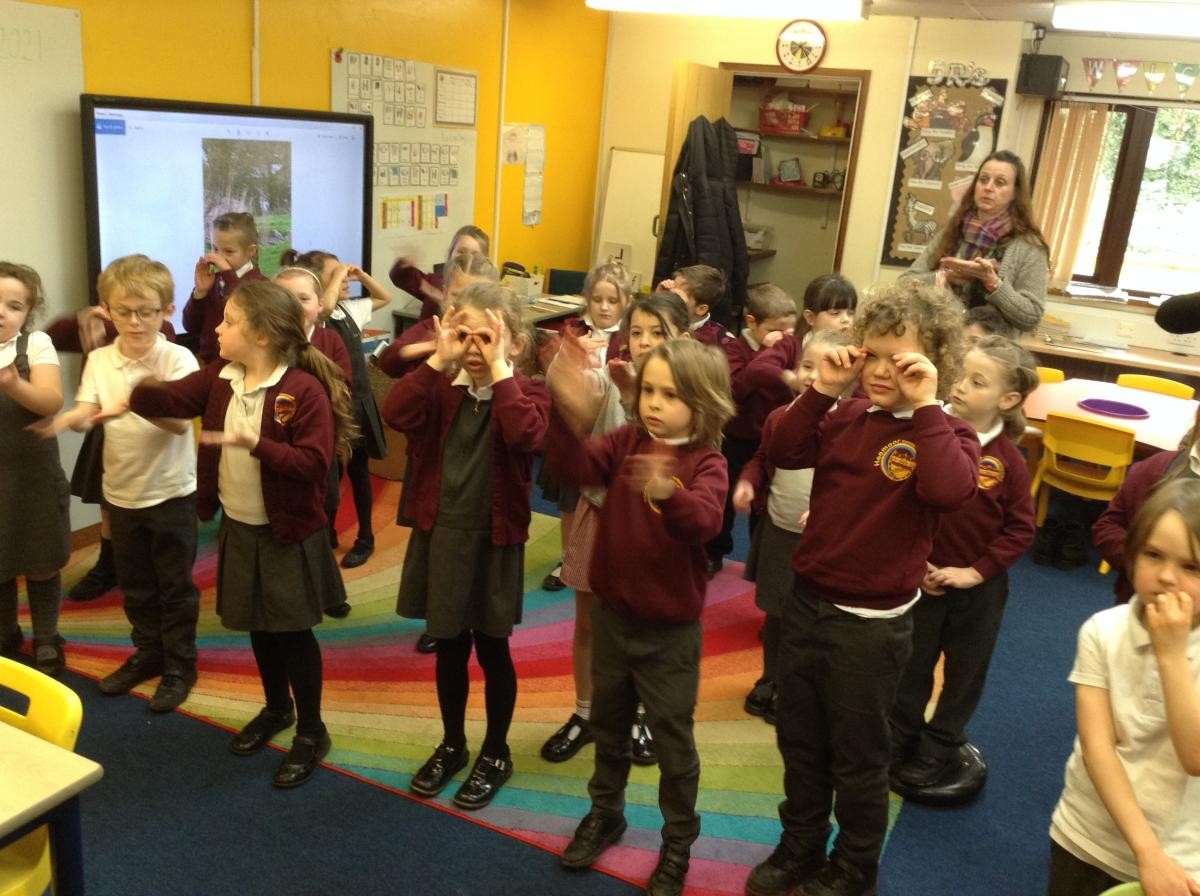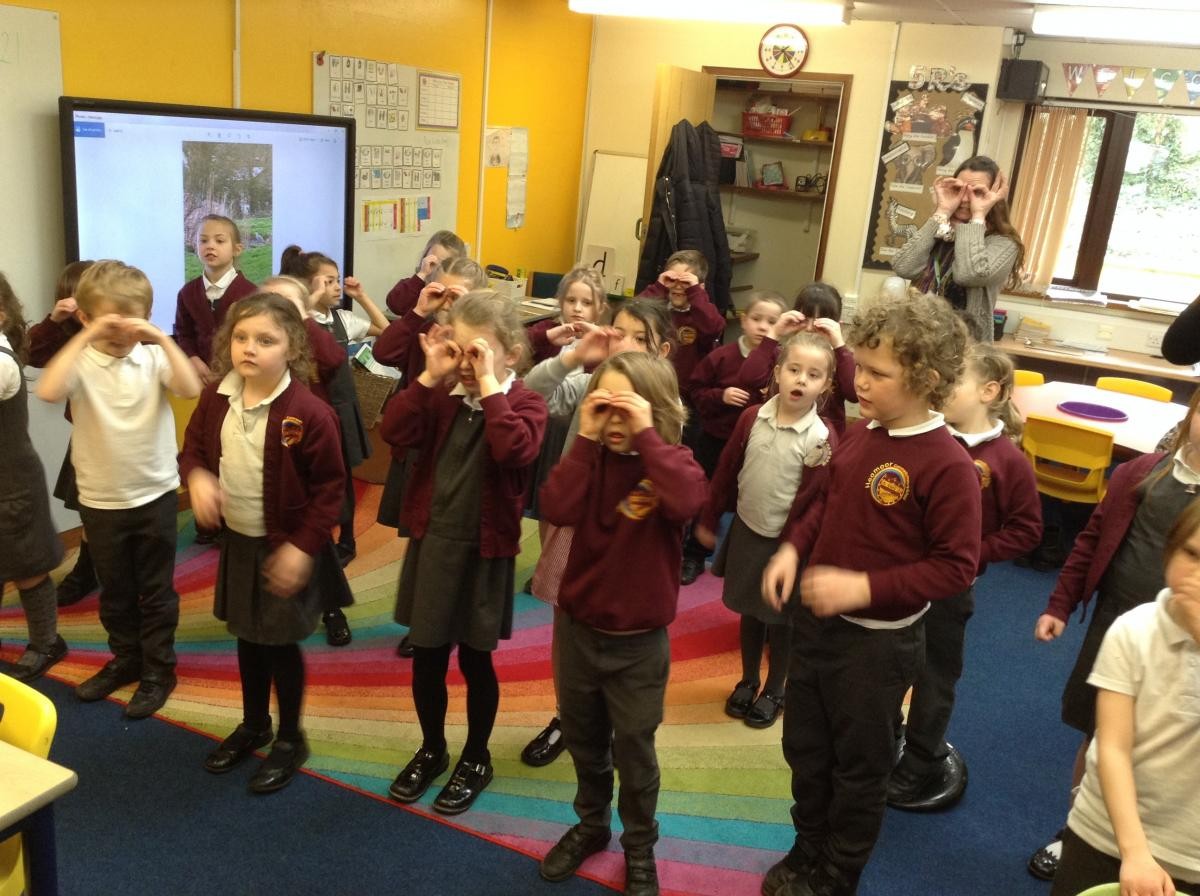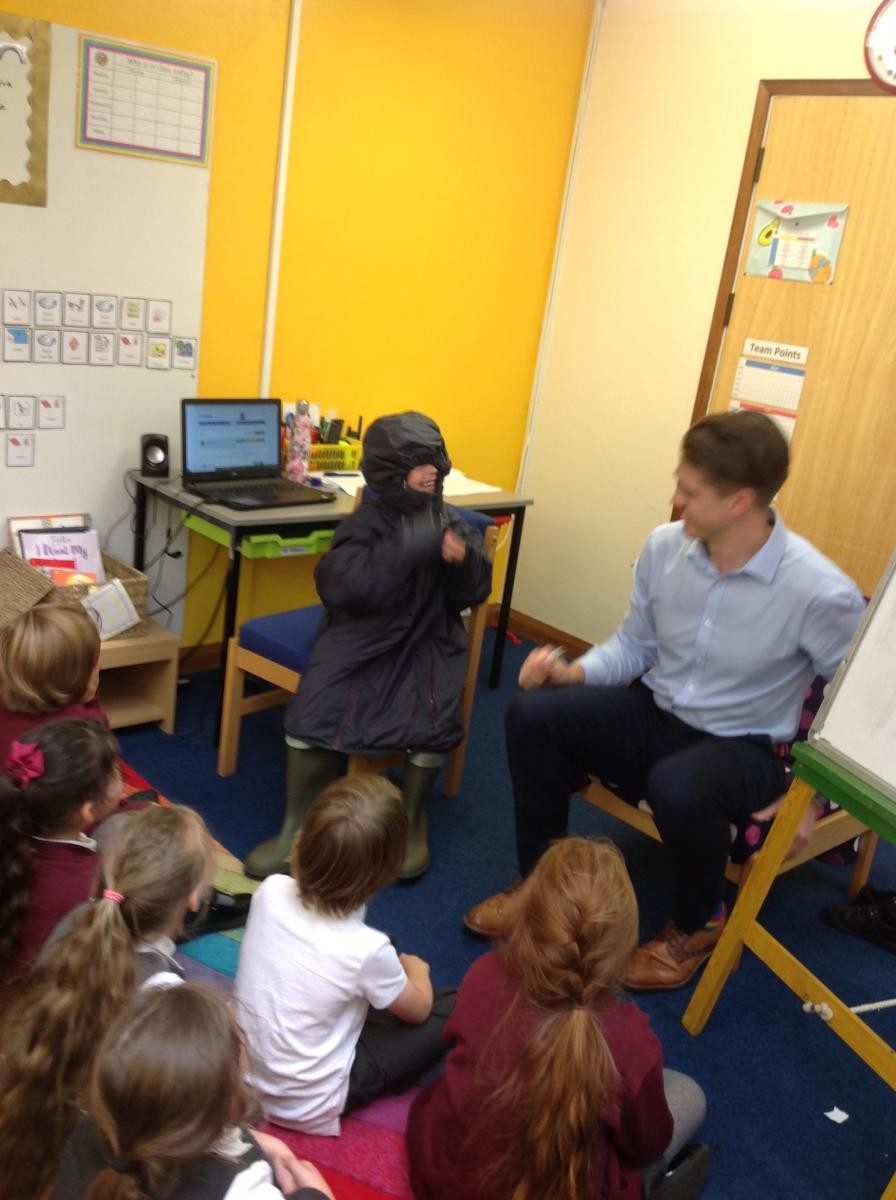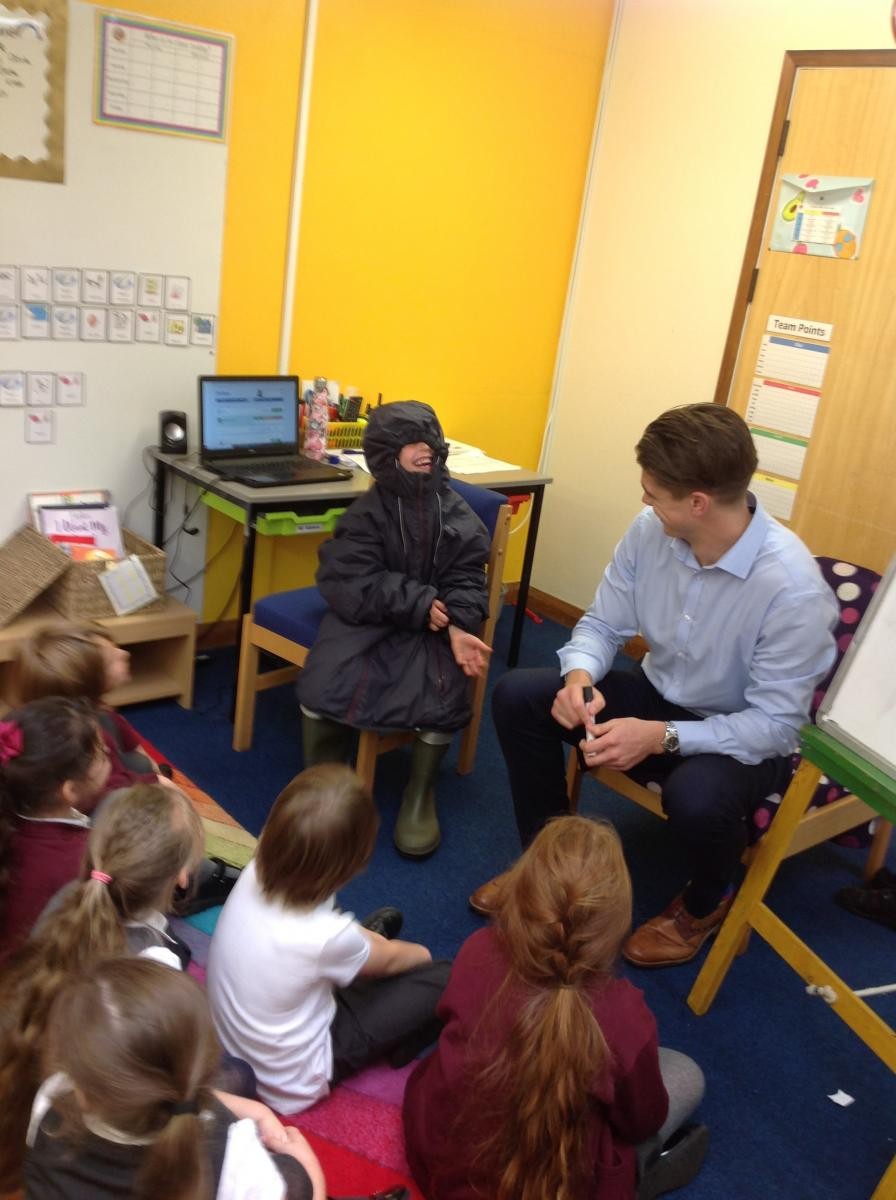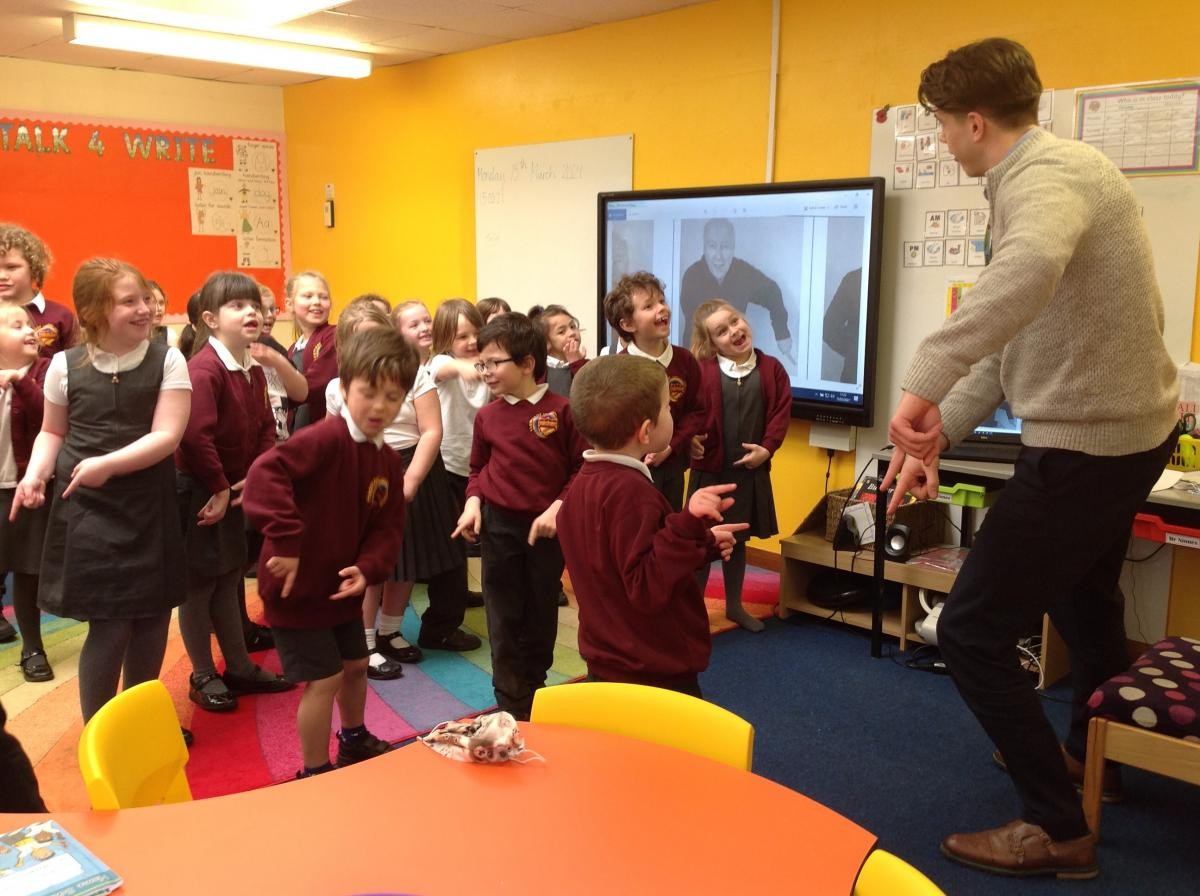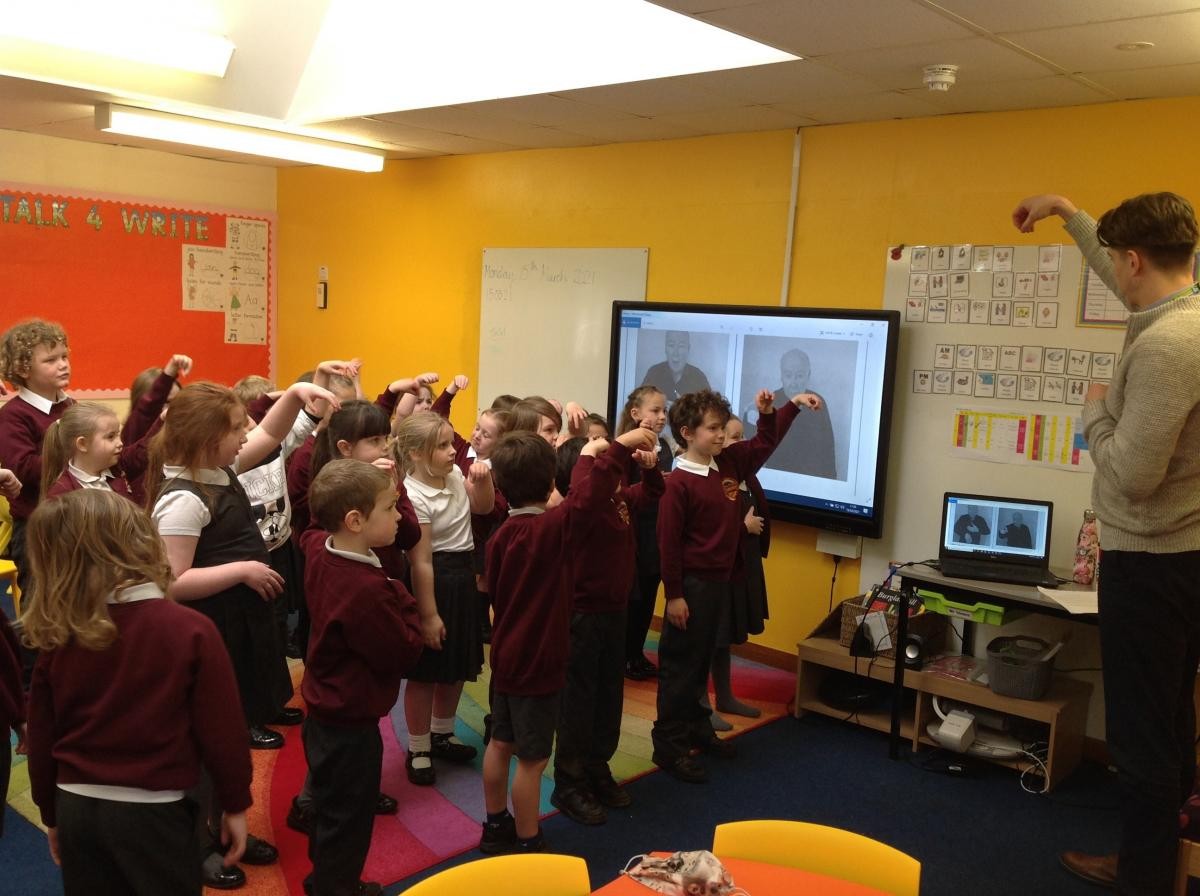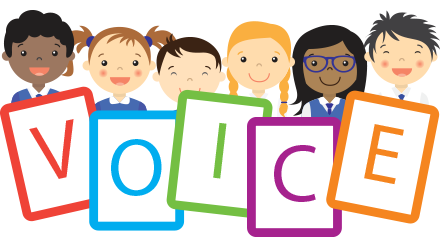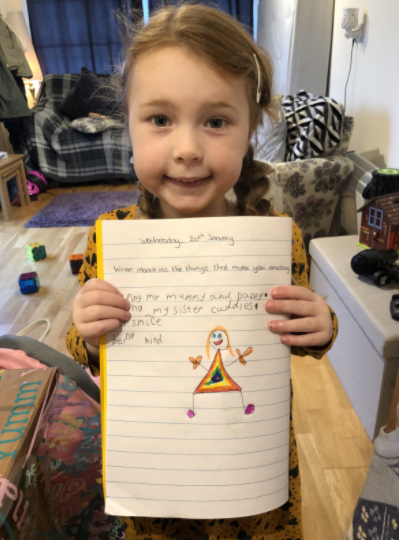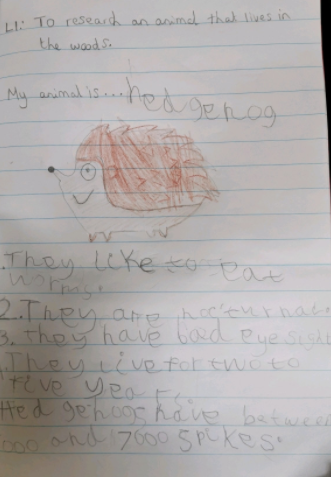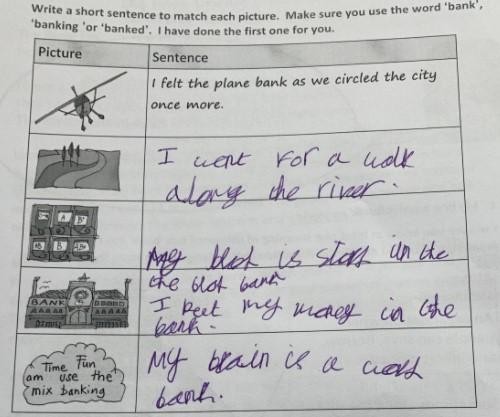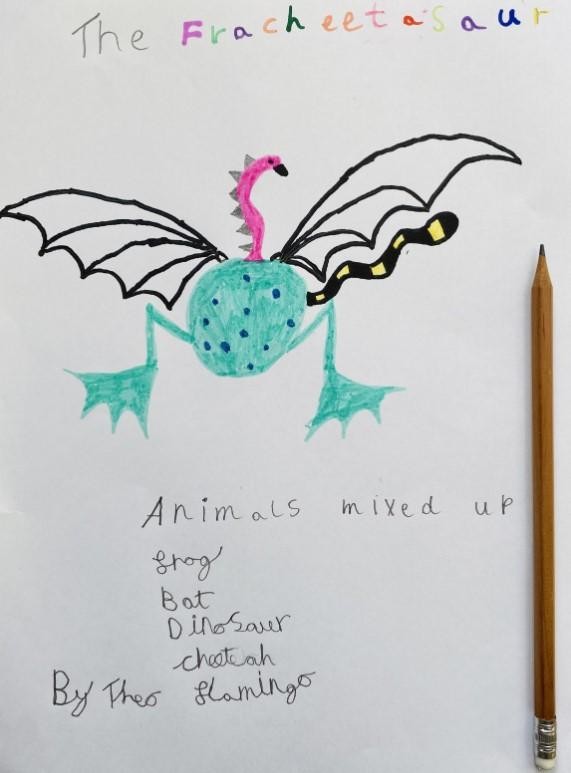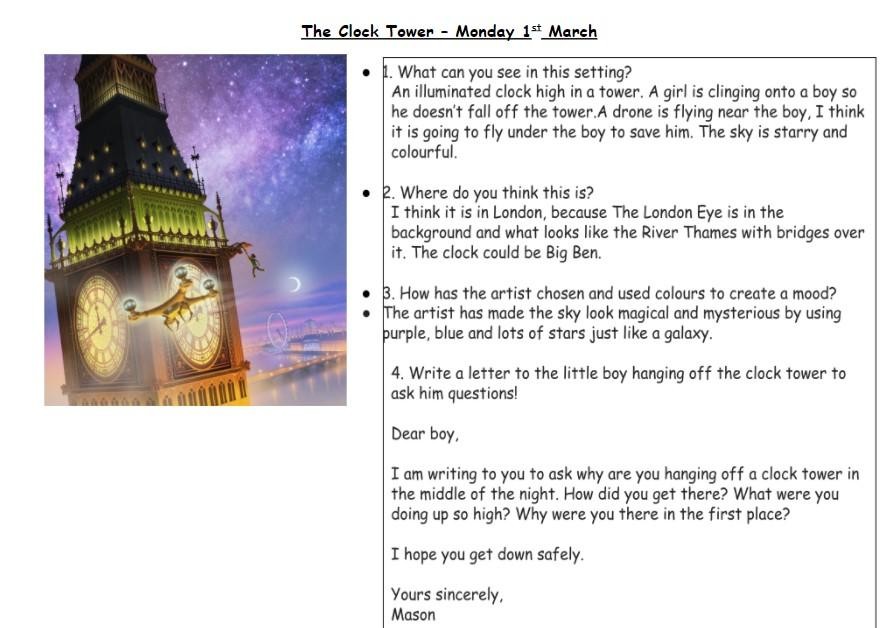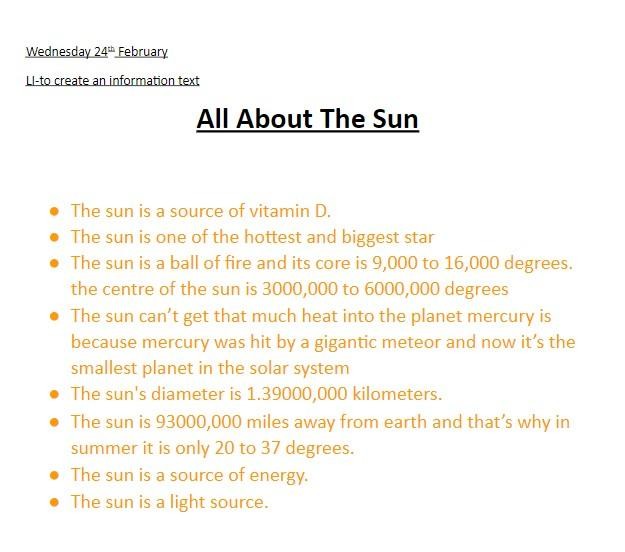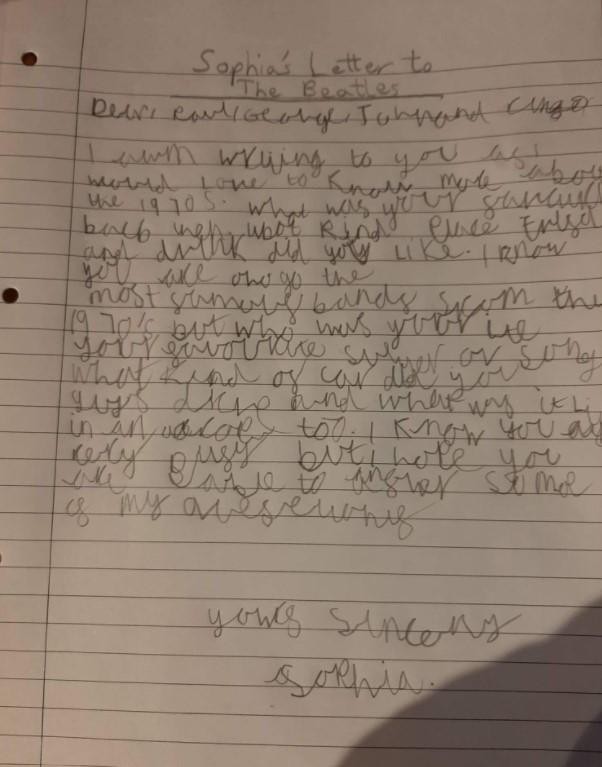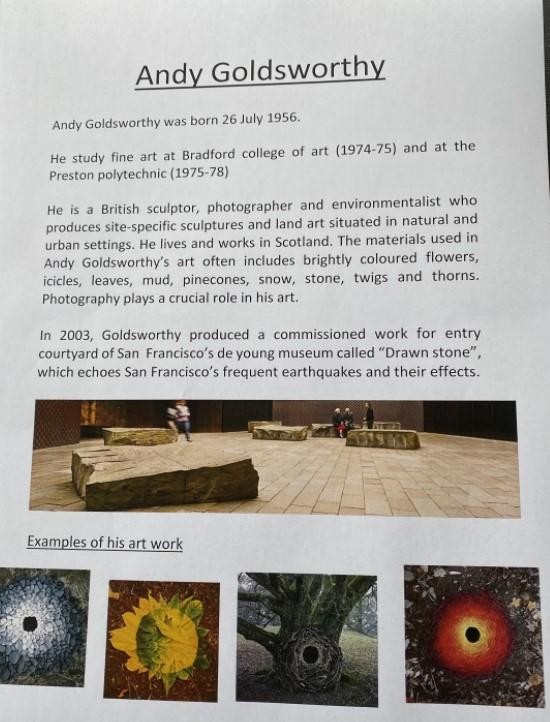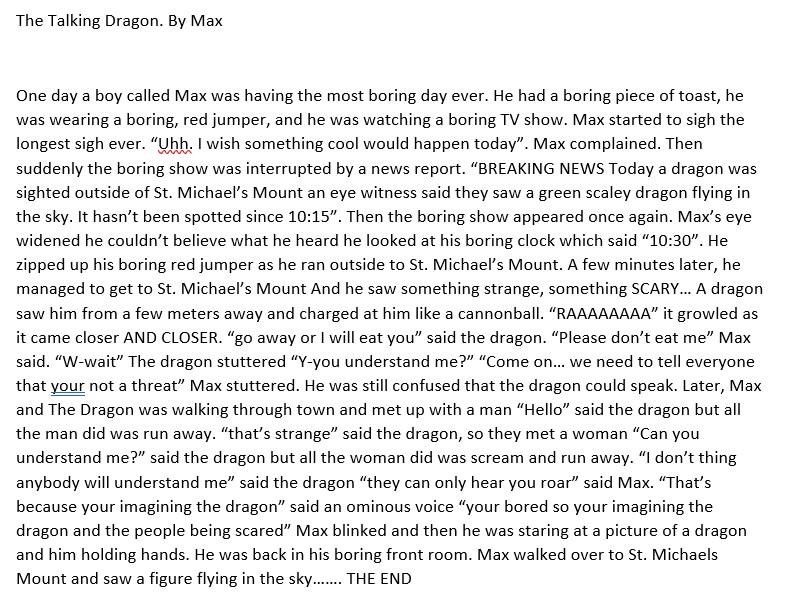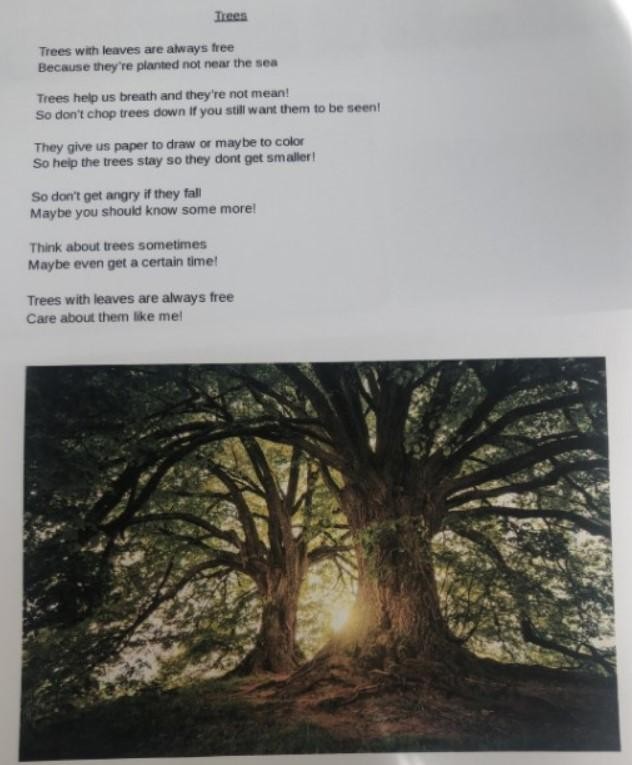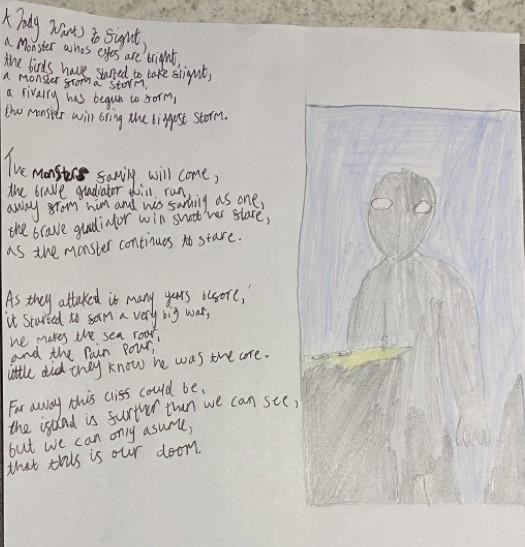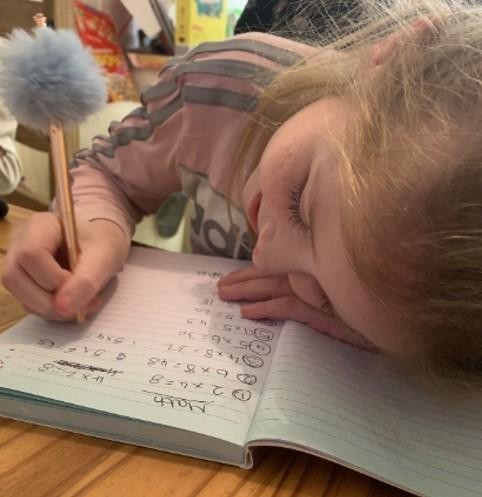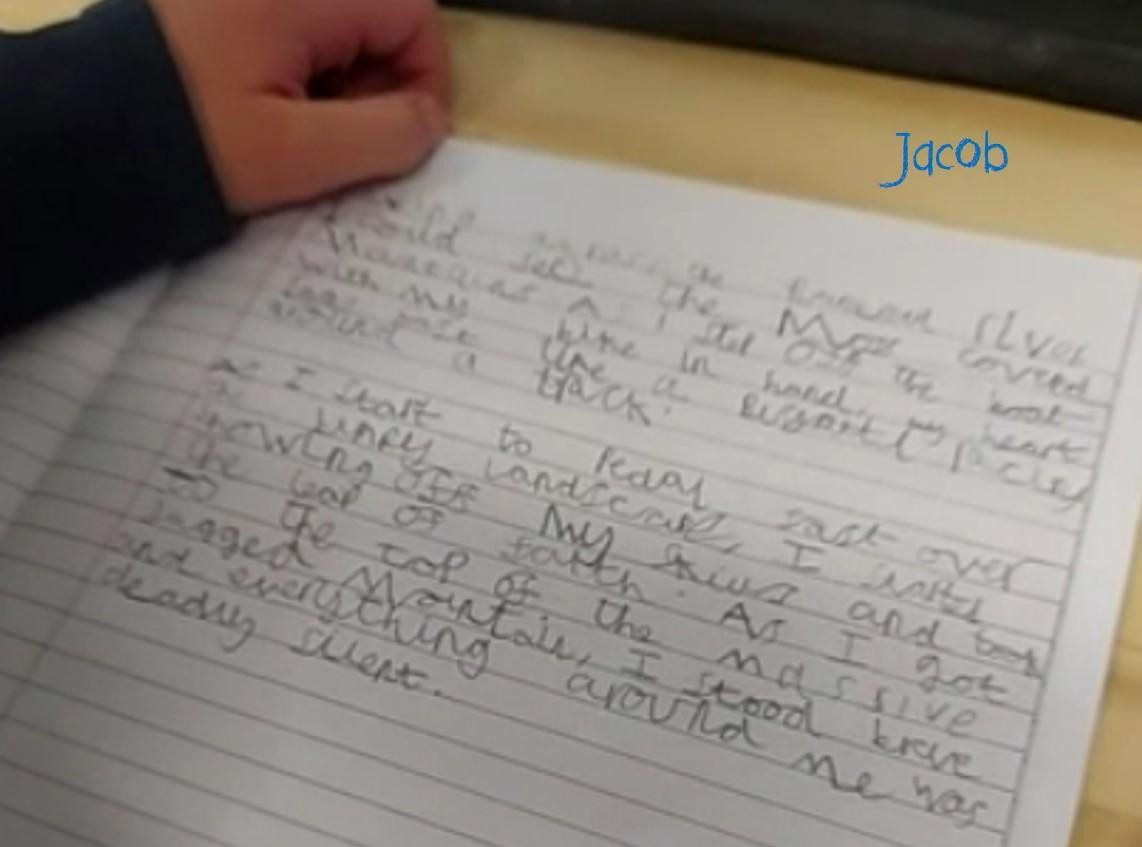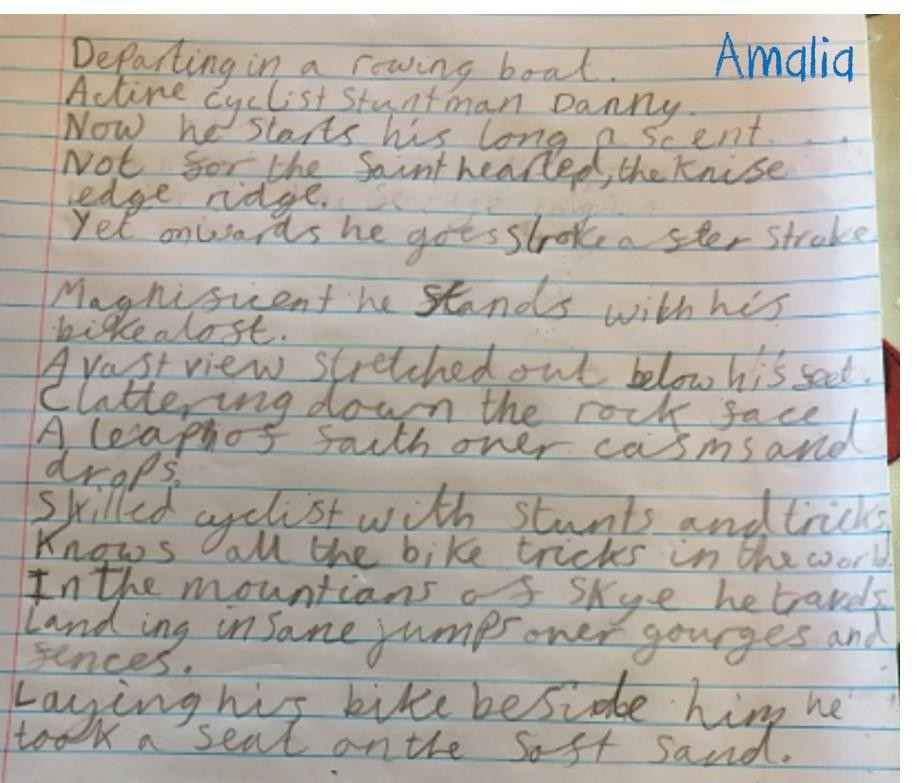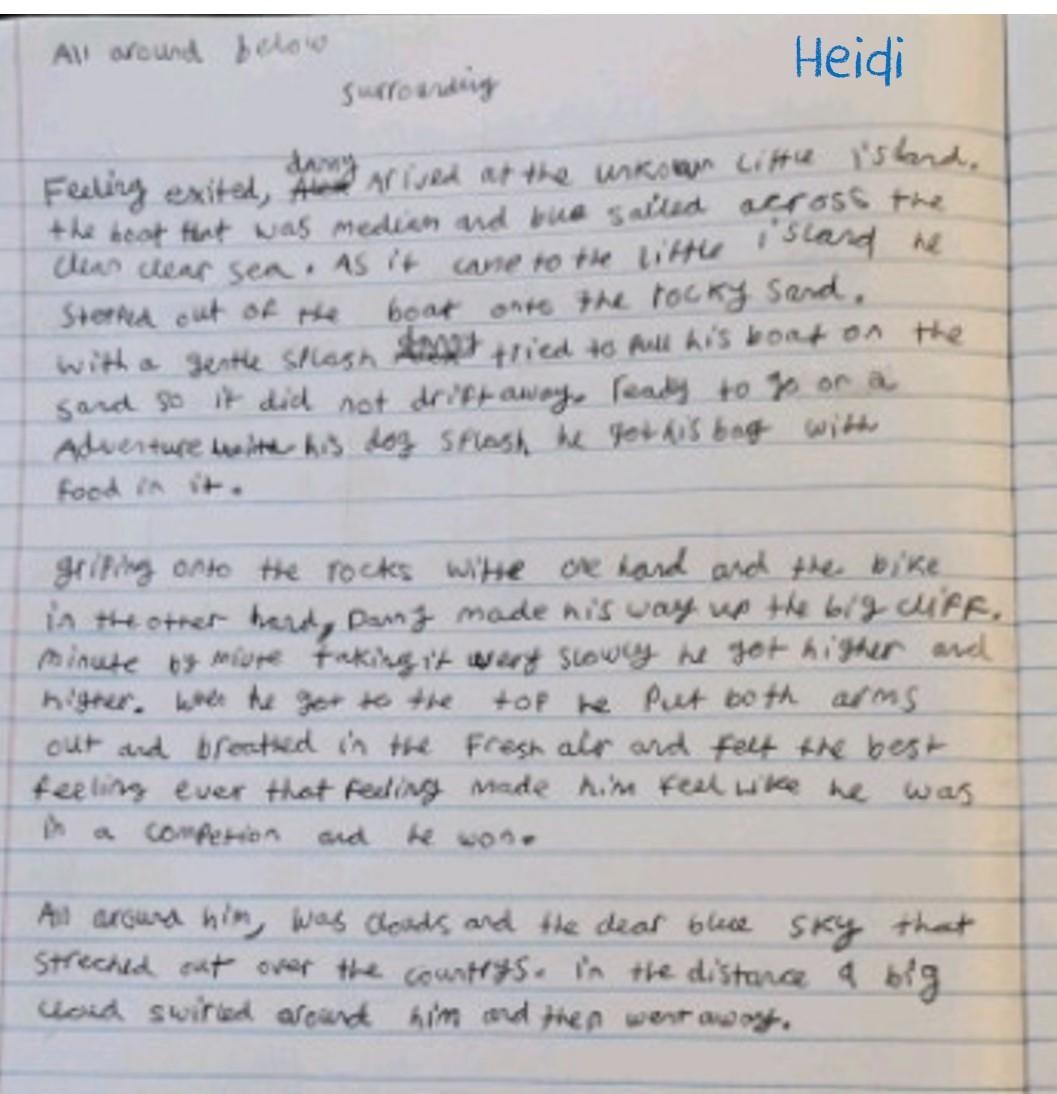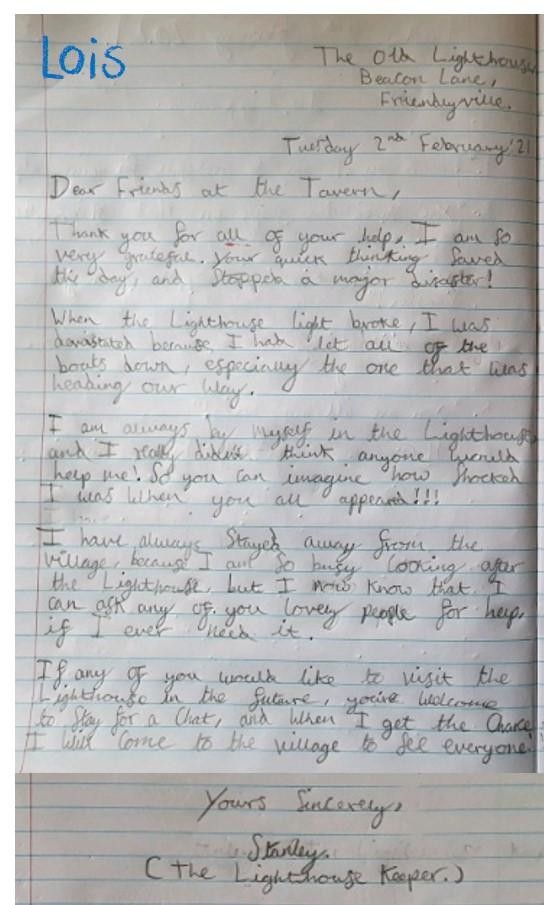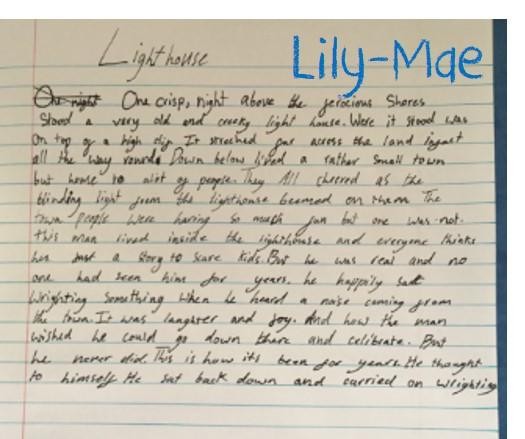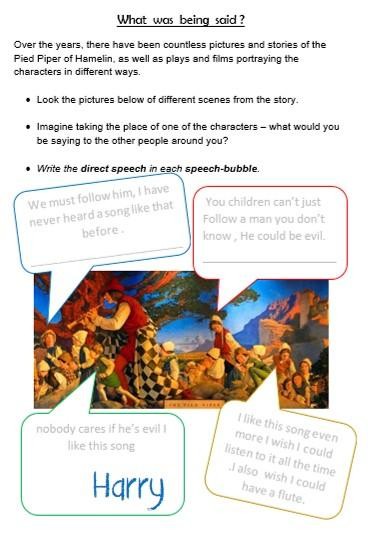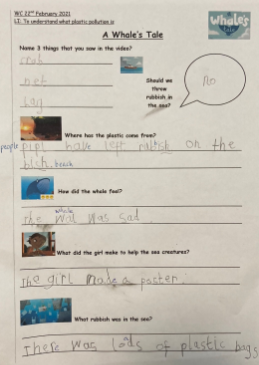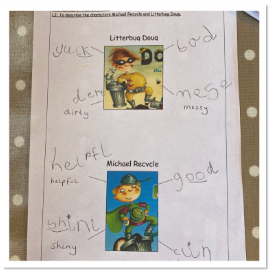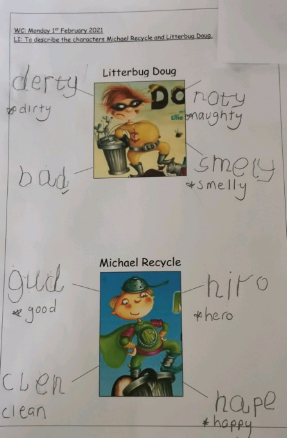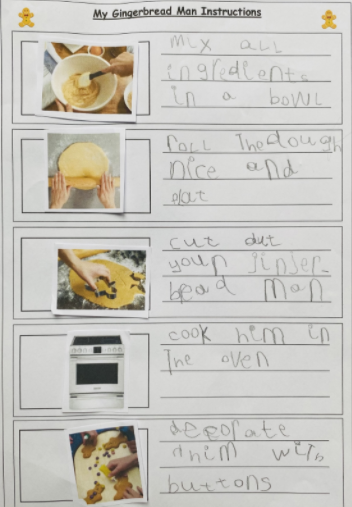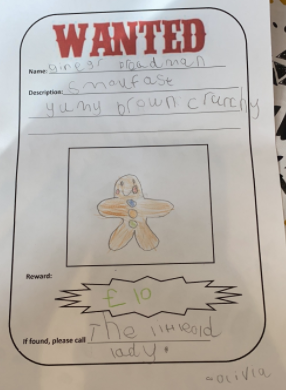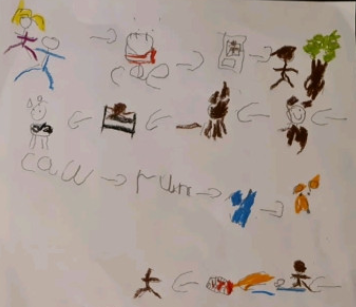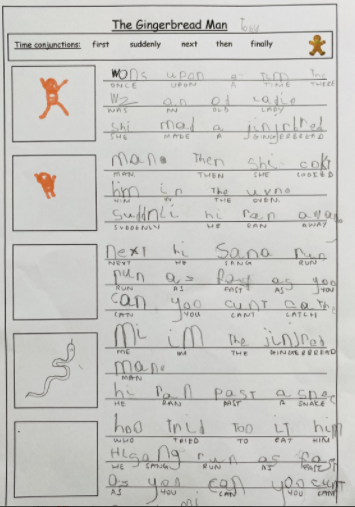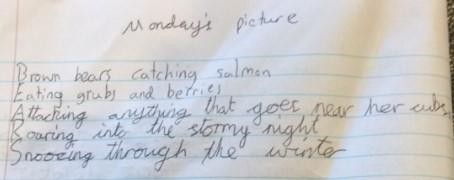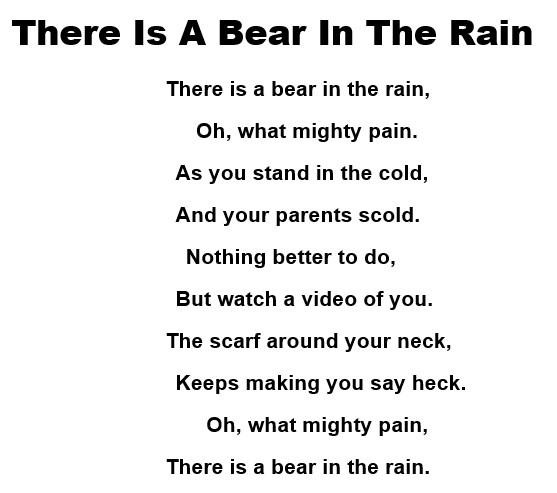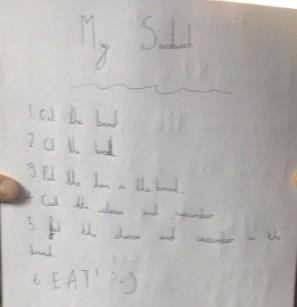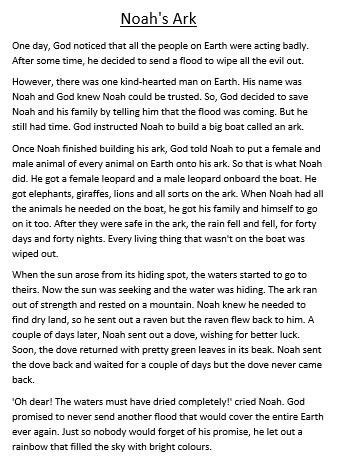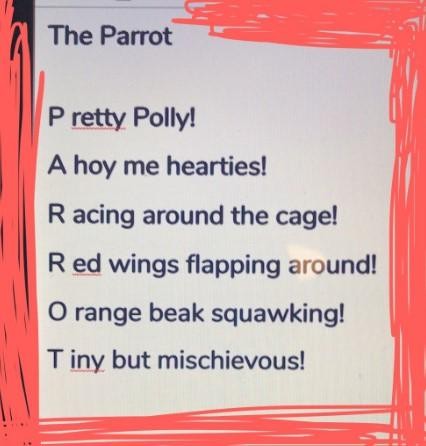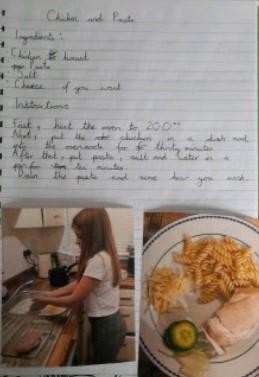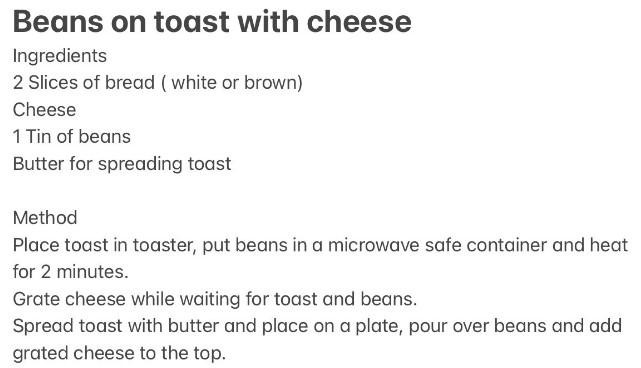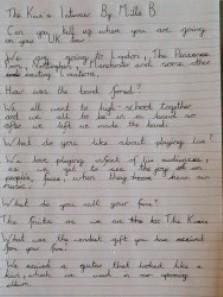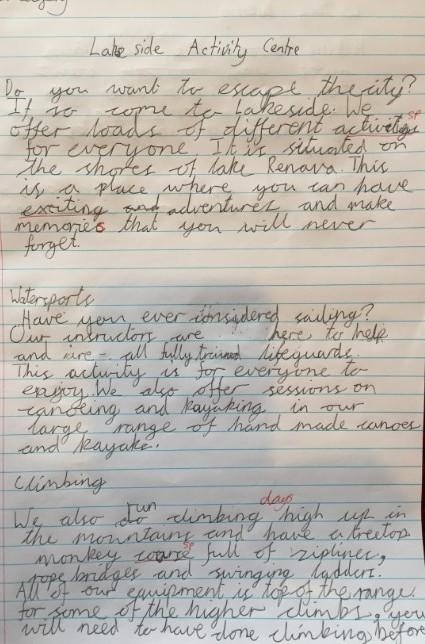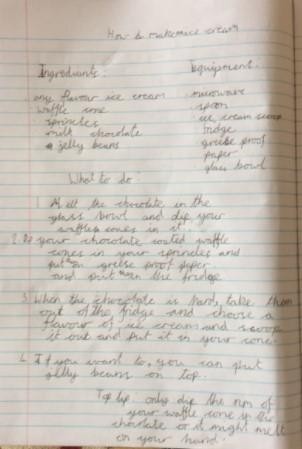
Mrs Rebecca Stevenson
Writing Lead
Curriculum Intent
At Heamoor School we immerse the children in quality texts and equip them to communicate and express themselves creatively and imaginatively. Teachers bring words and stories to life, engendering a love and passion for storytelling, performing, writing and speaking, using language creatively and with purpose.
We use ‘Talk for Writing’ to teach our children how to write a range of genres each year. Children focus on texts through a three stage process. Certain texts are linked to the project about which they are learning. Writing is taught through fun, practical activities linked to the text they are learning.
Children imitate the text by using a combination of actions and words. This is followed by shared writing to show how to craft their writing. This gives the children an opportunity to ‘magpie’ ideas and vocabulary to use in their own writing. This leads to each child developing their own special writers ‘voice’.
There will be a mix of non-fiction, fiction and poetry taught throughout each term.
Stage 1 – Imitation
The teacher will provide the children with a ‘hook’ to create an engaging start with a creative context. These opportunities will enable the children to become familiar with the patterns and language of the text. Each class will be supported visually with a text map and physical movements to help children recall the story/non-fiction piece. This gives children the chance to hear and say the text before writing anything down. This stage will involve exploring the structure of the text through sequencing, ‘boxing up’, analysing features and exploring vocabulary.
Stage 2 – Innovation
Once children have immersed themselves in the text, they are ready to start changing the pattern. The idea is that, as a class, children change something about the text. They will then plan a new text and continue to write it. The key activity during this phase is shared writing. This process enables children to write their own versions through developing the ability to generate their own vocabulary, phrases and sentences.
Stage 3 – Invention
This is the opportunity for children to independently apply the skills they have learned through the first two stages. The teacher will now have the chance to assess children’s work and will focus on success criteria around the genre they are focusing on. This stage will focus on next steps needed to support progress so the children can become independent speakers and writers of this specific genre.
Children will independently plan and create their own piece of work in this genre. They will take part in peer critiquing each other’s work and will have the opportunity to improve their writing through redrafting. The teacher will now have a good idea of what each child’s individual next steps for writing are for the next unit to ensure progress.
Teachers will...
- Provide immediate, constructive feedback to enable the child to know what their next steps are
- Give children time to apply their knowledge and understanding in new, fun ways to stretch their thinking and practise new skills.
Talk for Writing will develop children’s capacity to learn from mistakes, showing an understanding of how to improve their work. They will become keen learners who want to know more.
